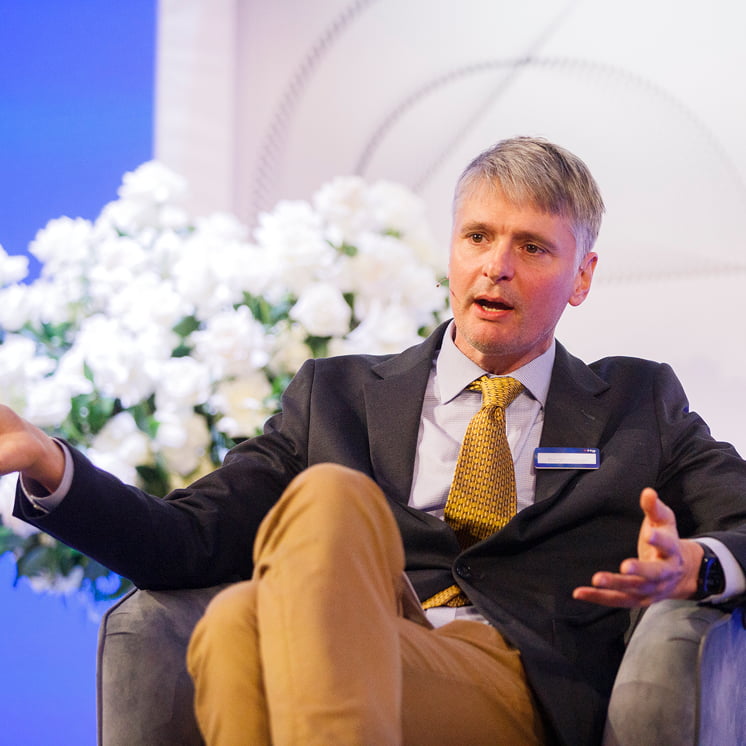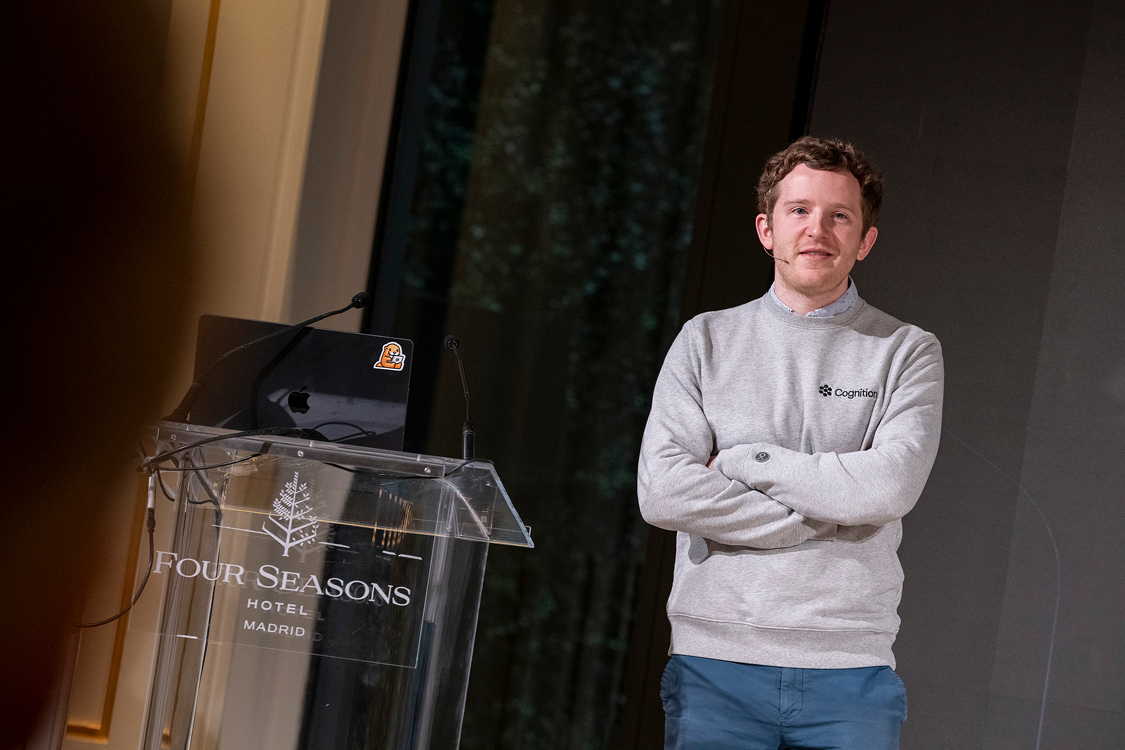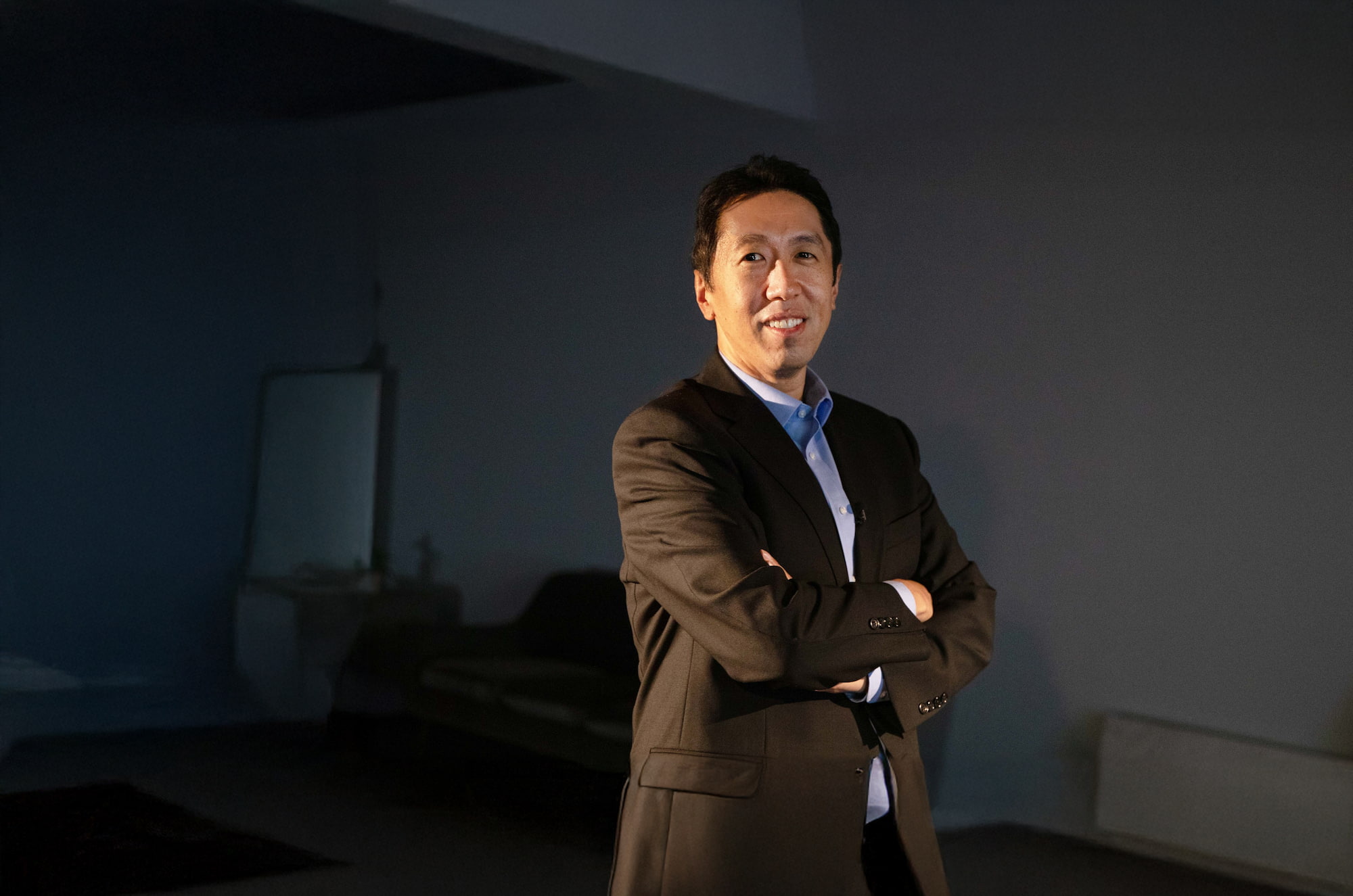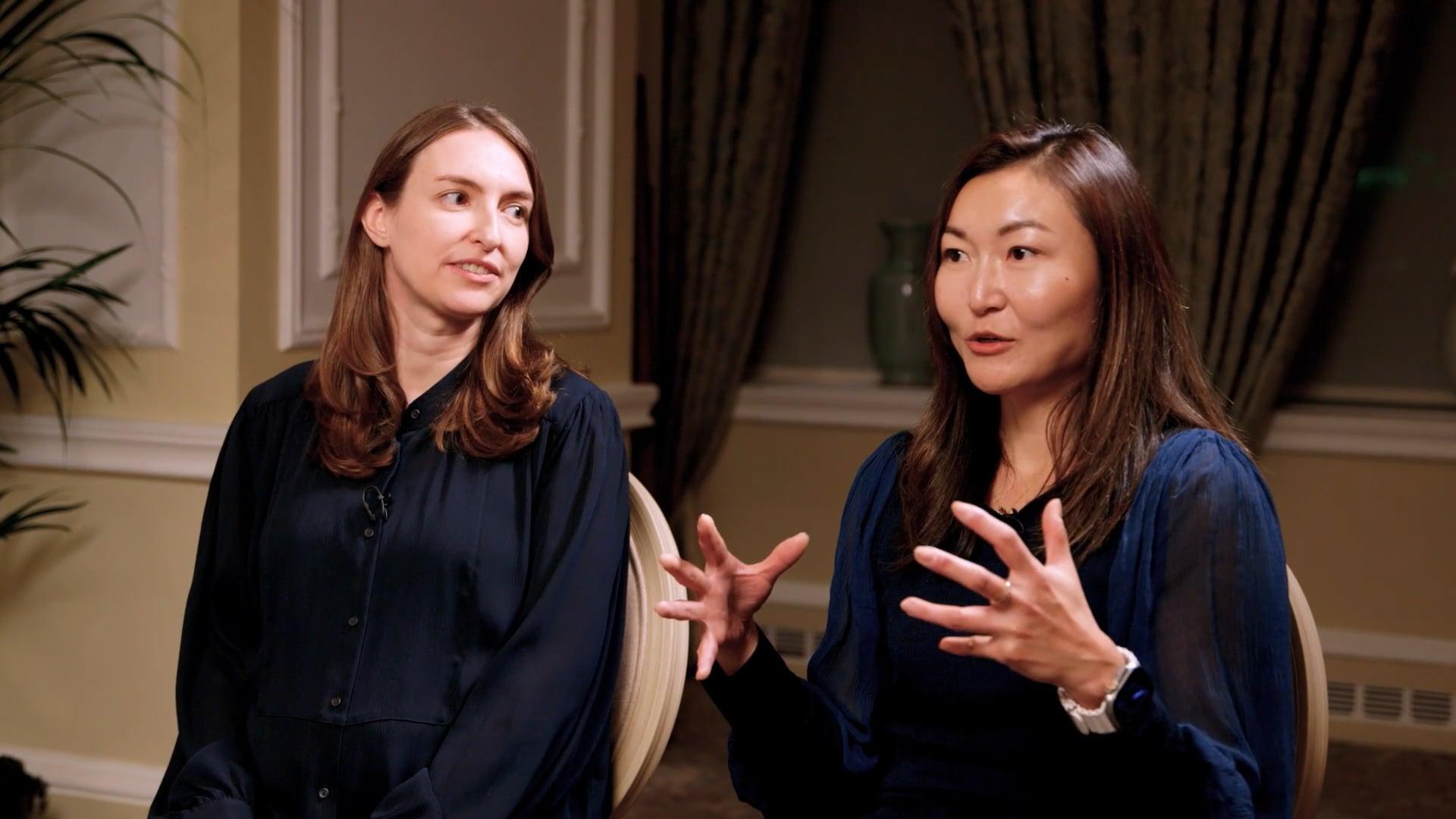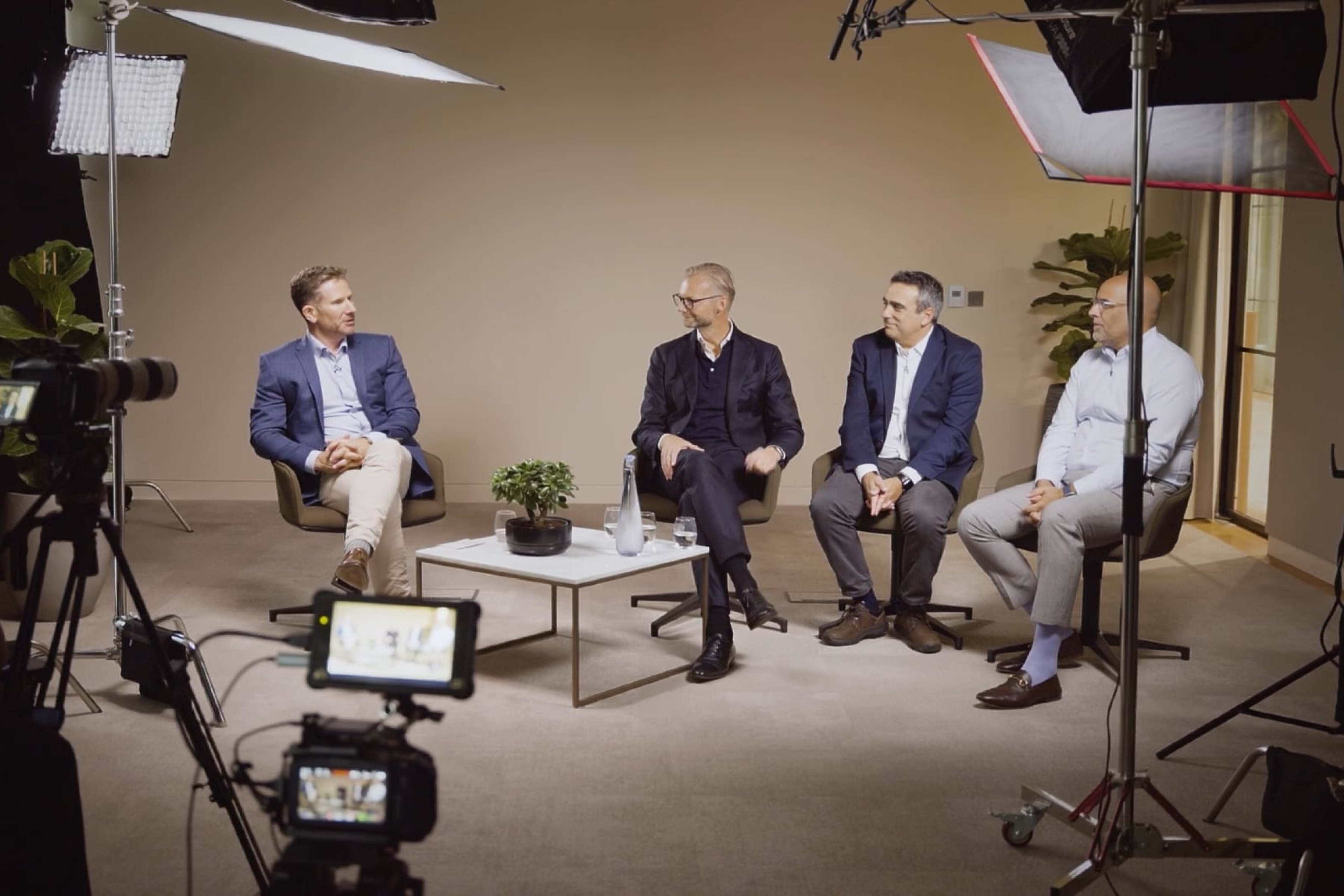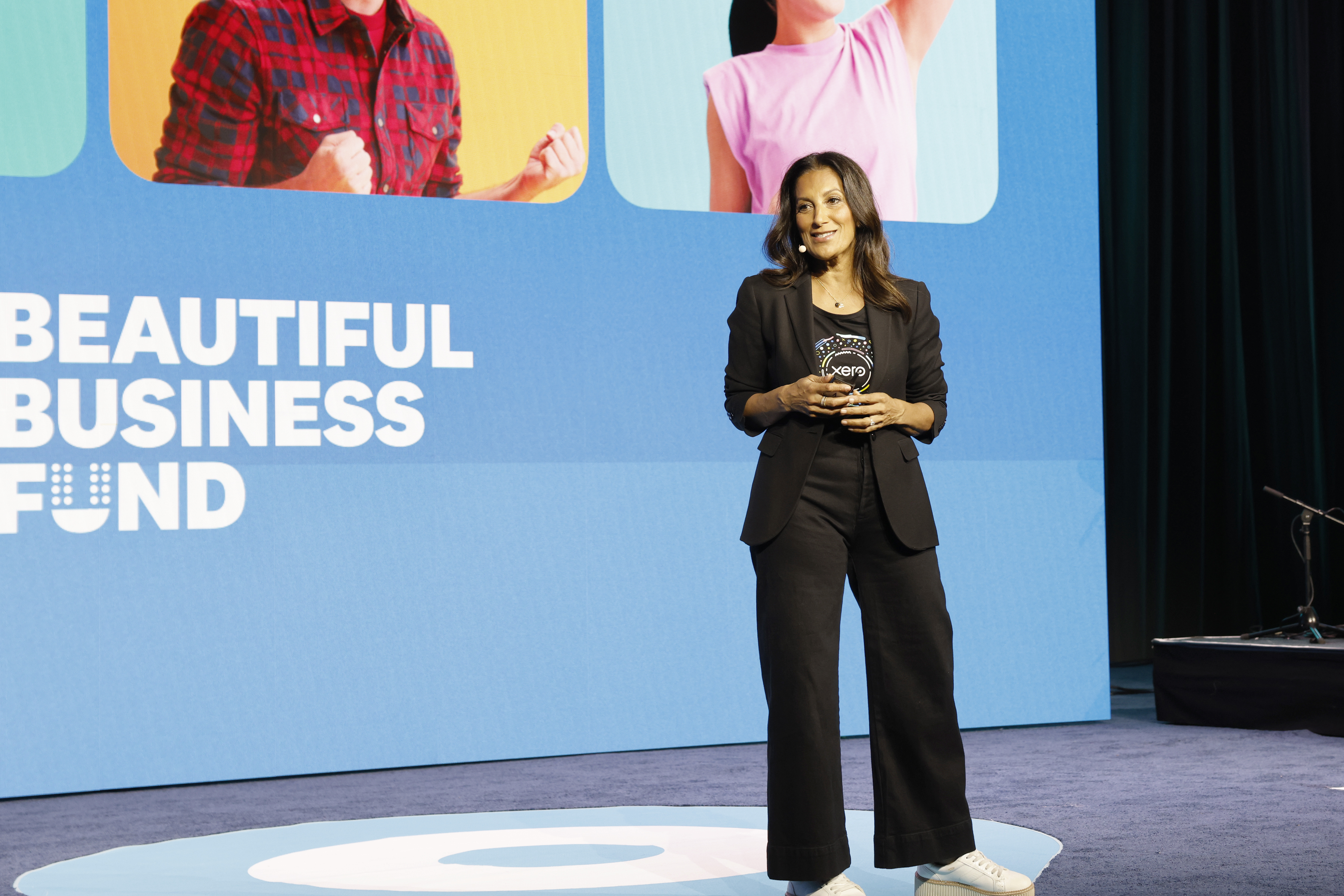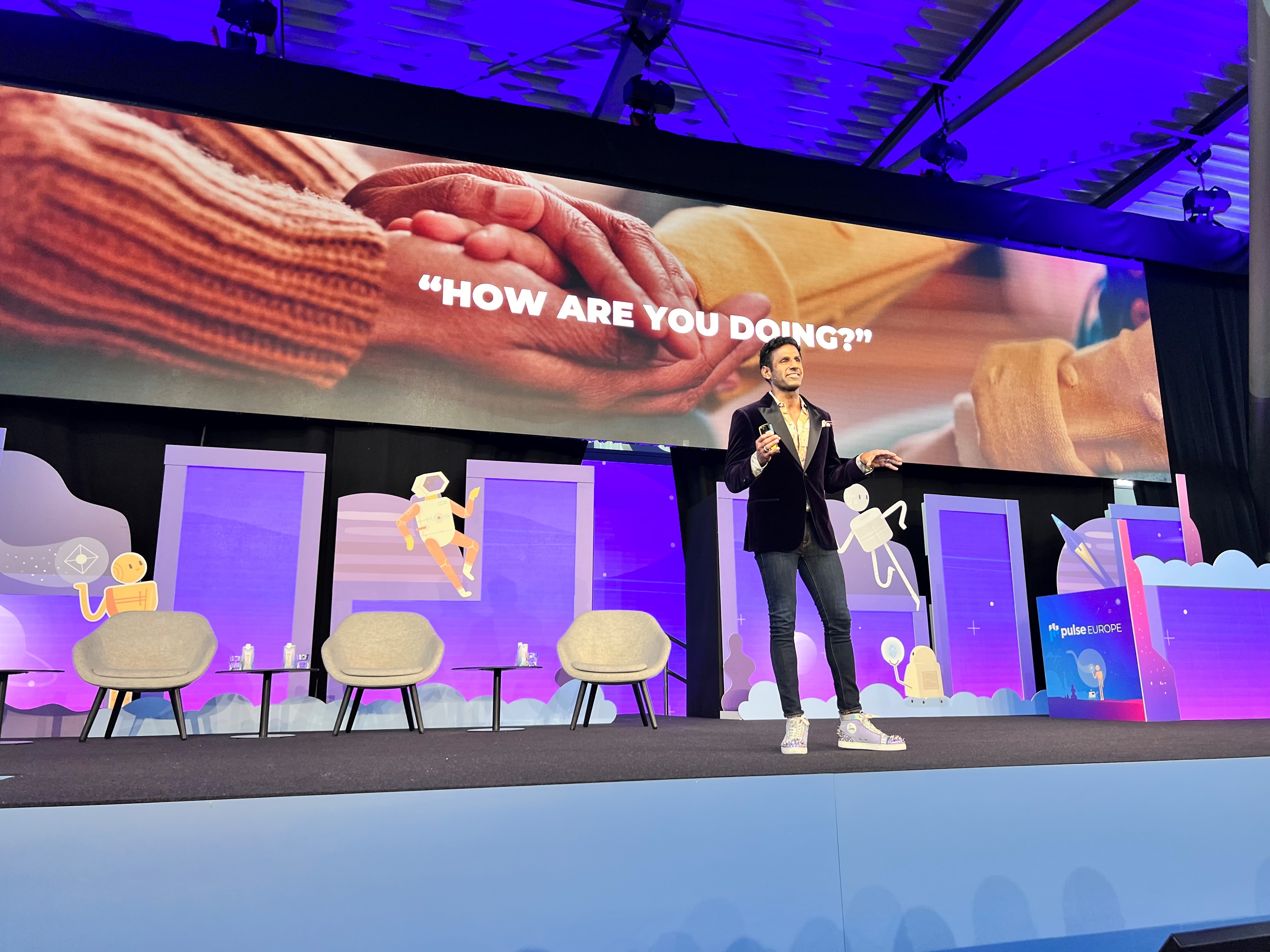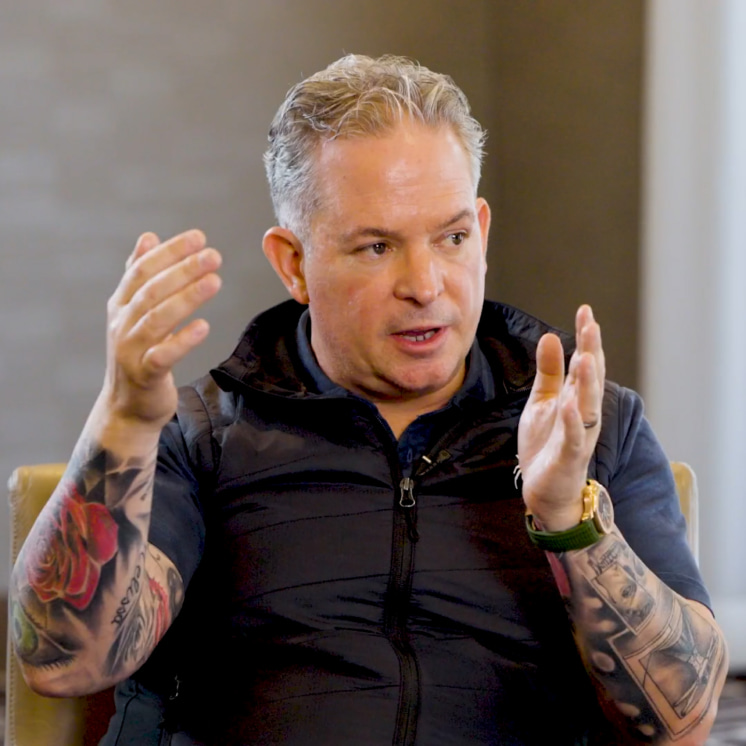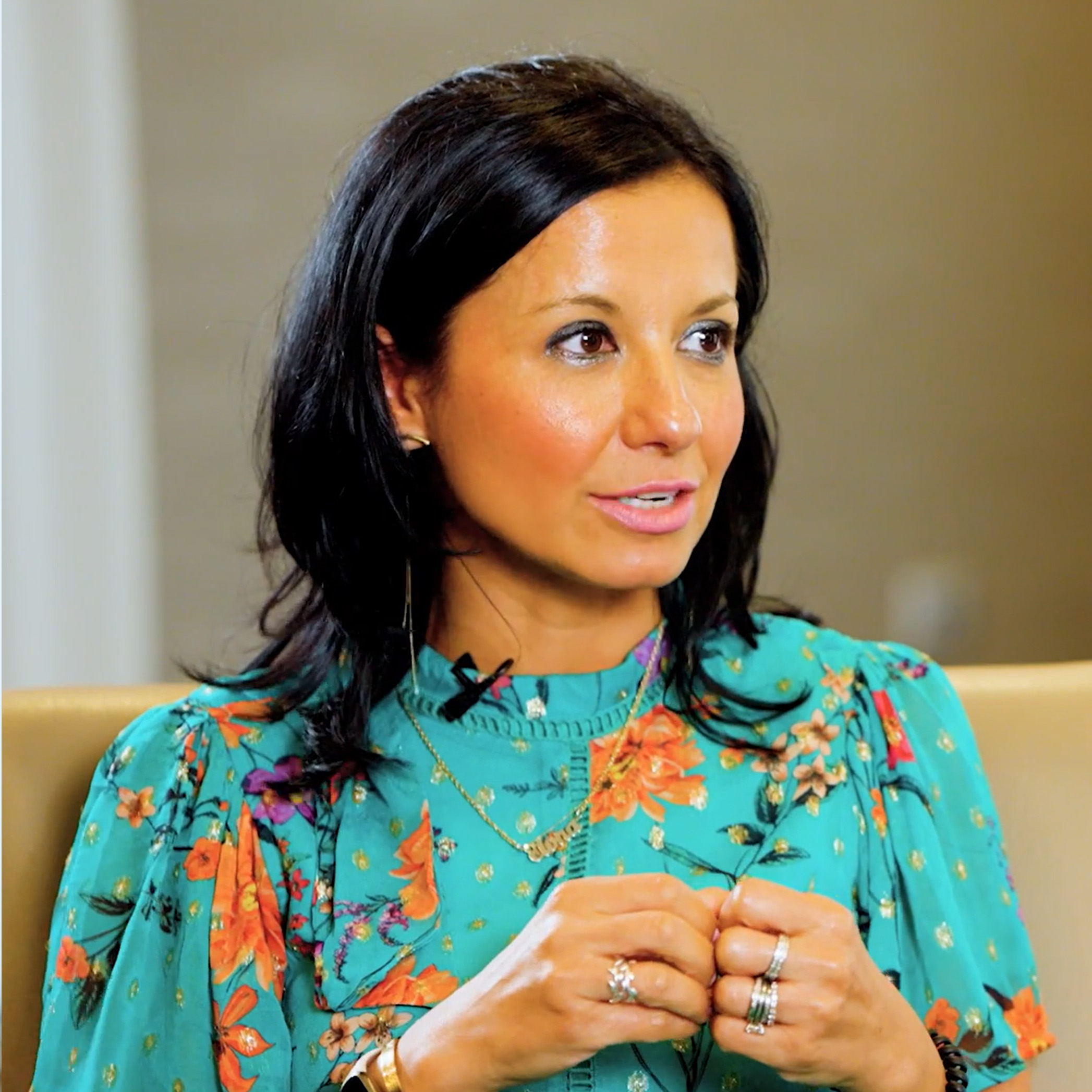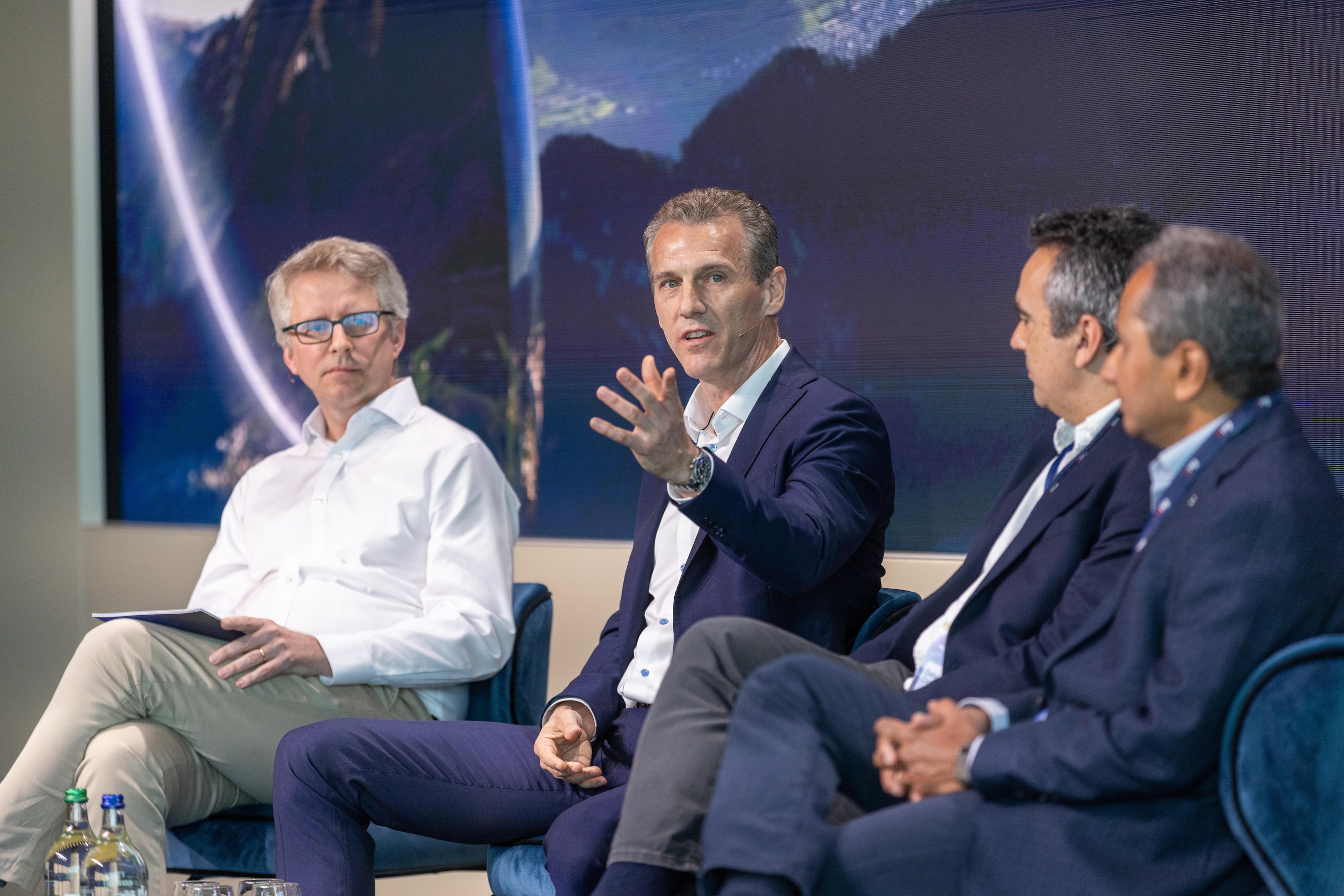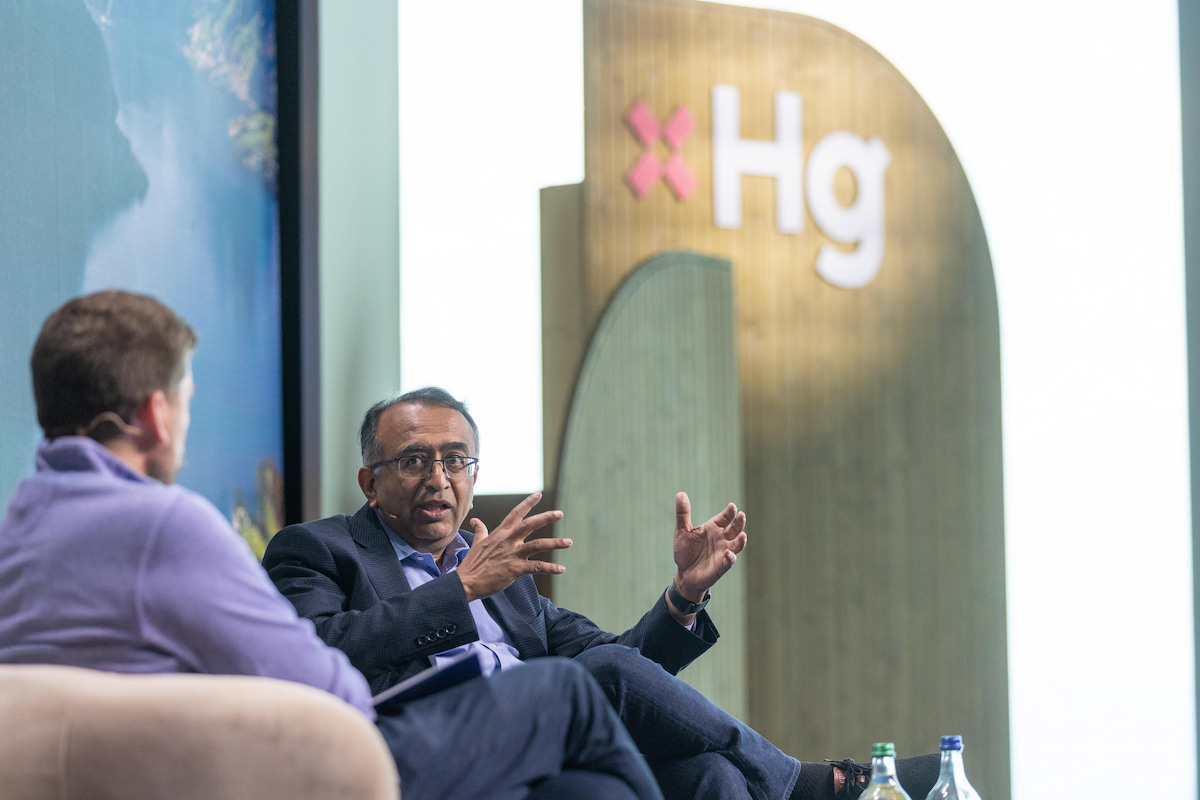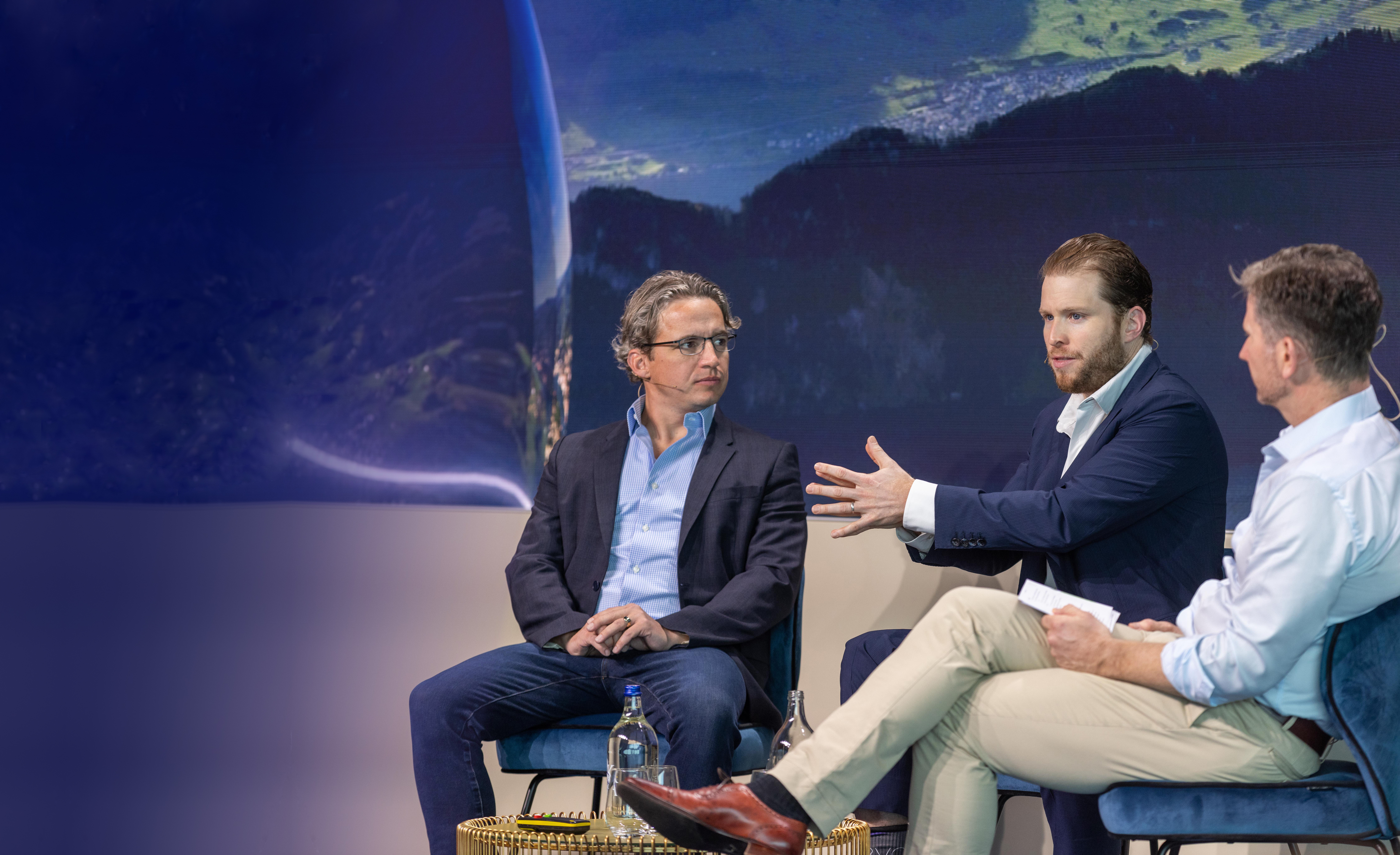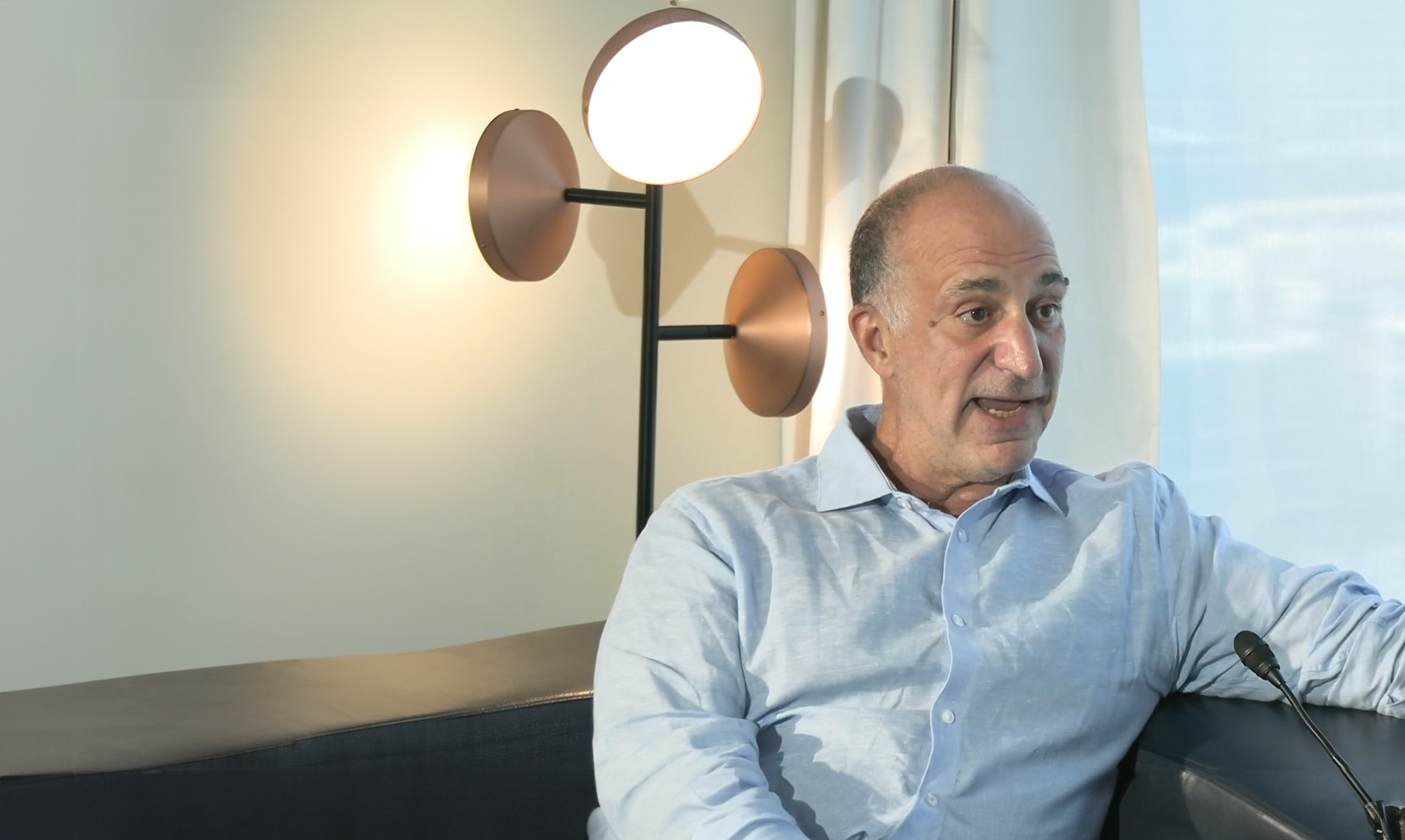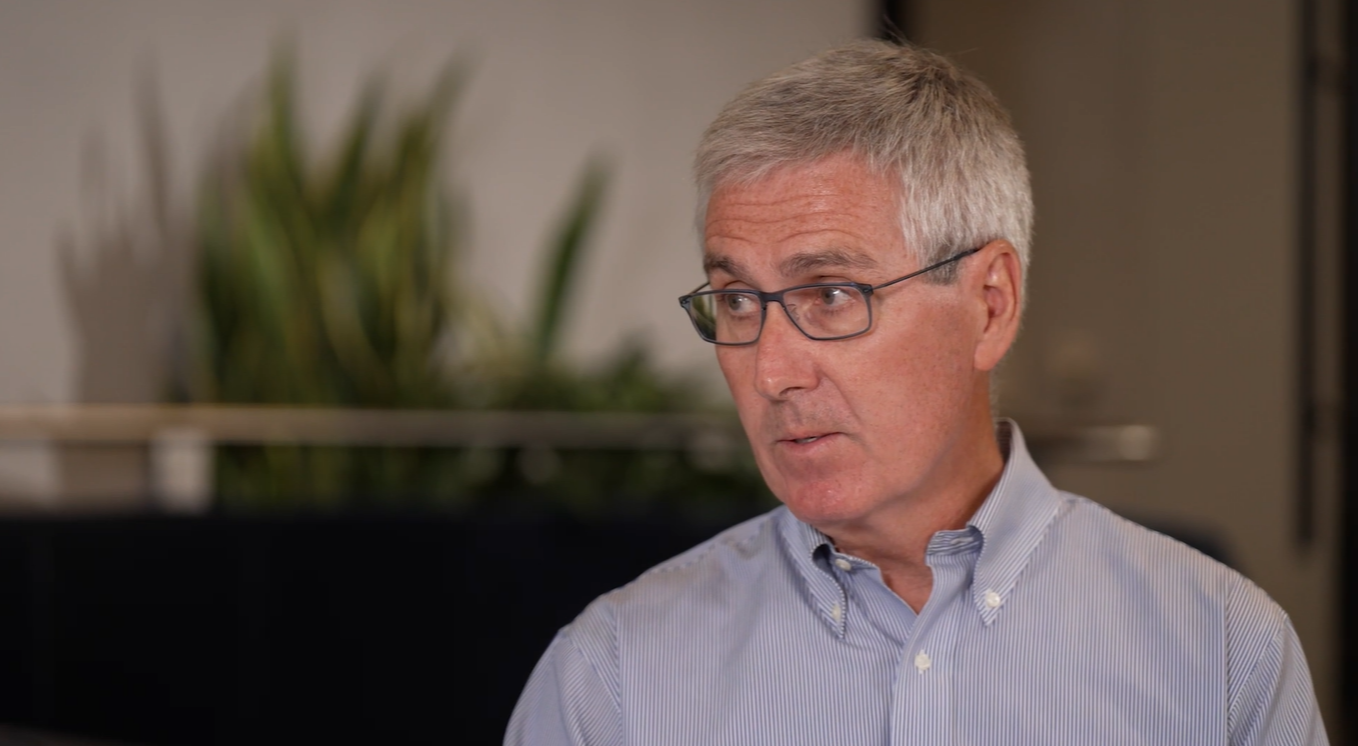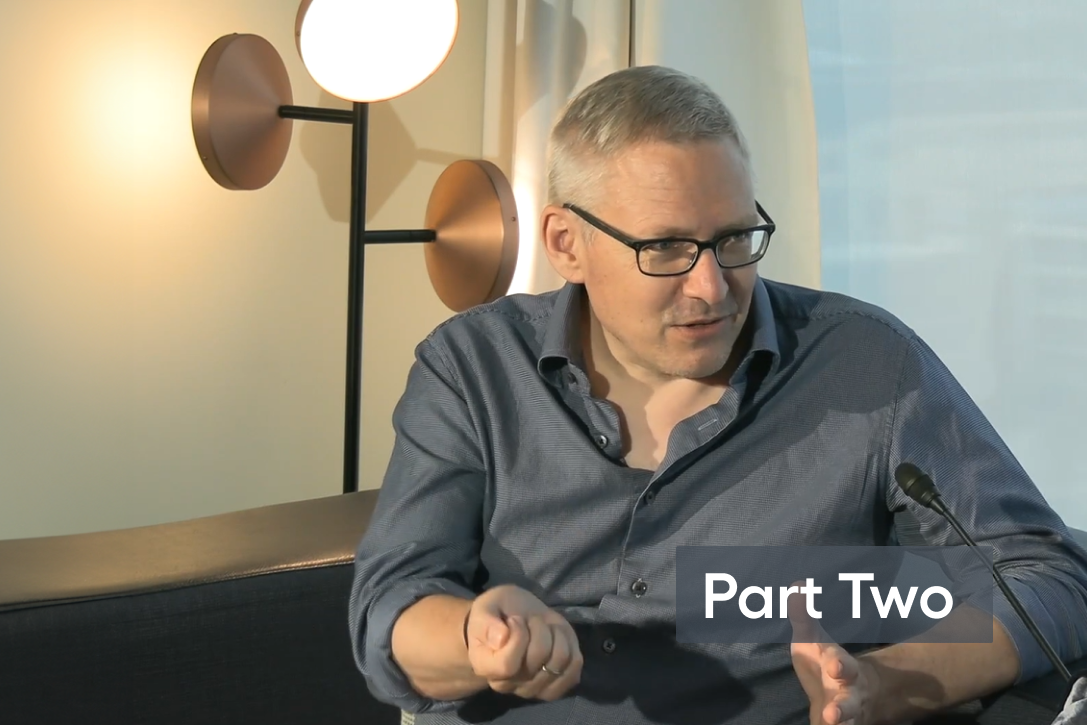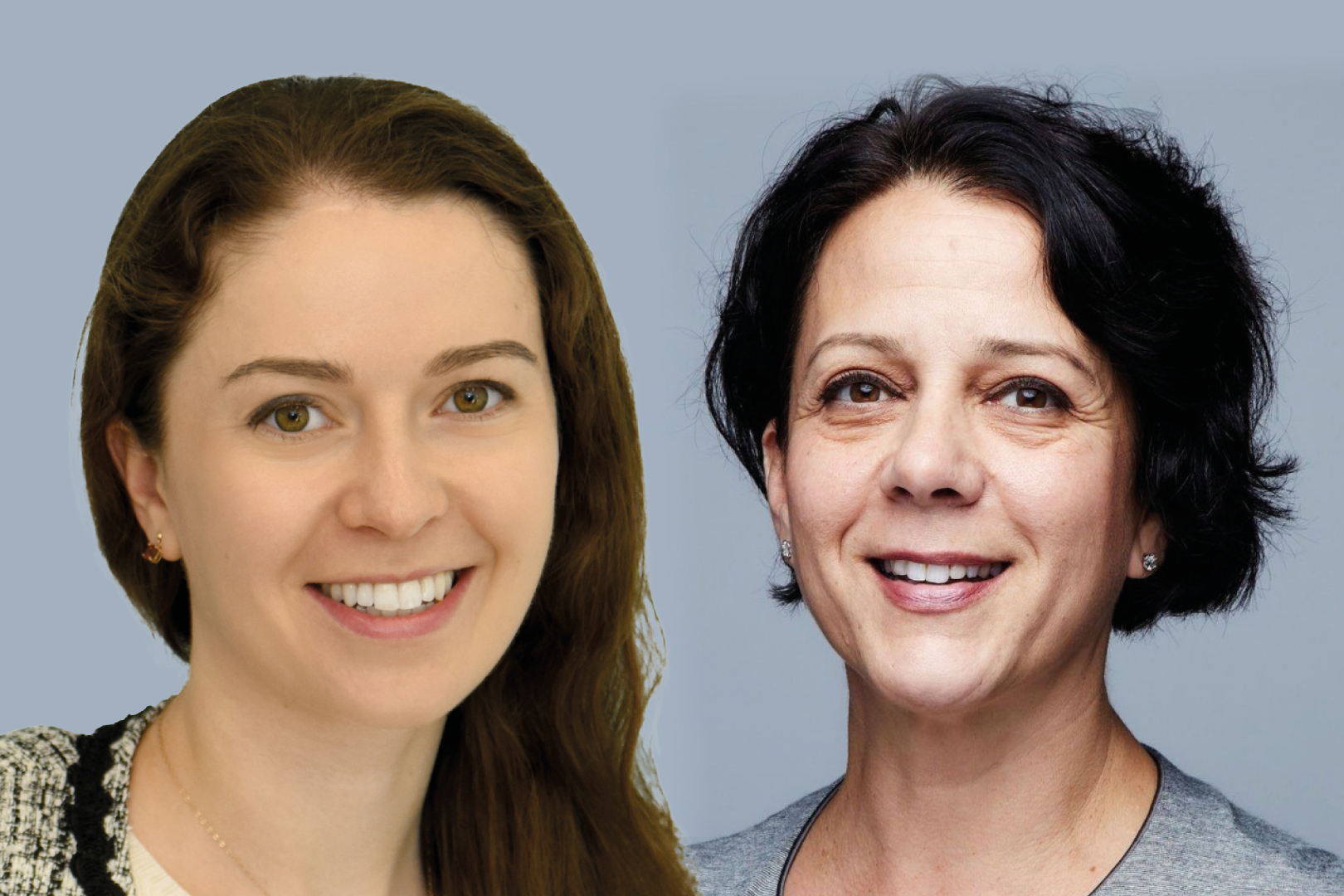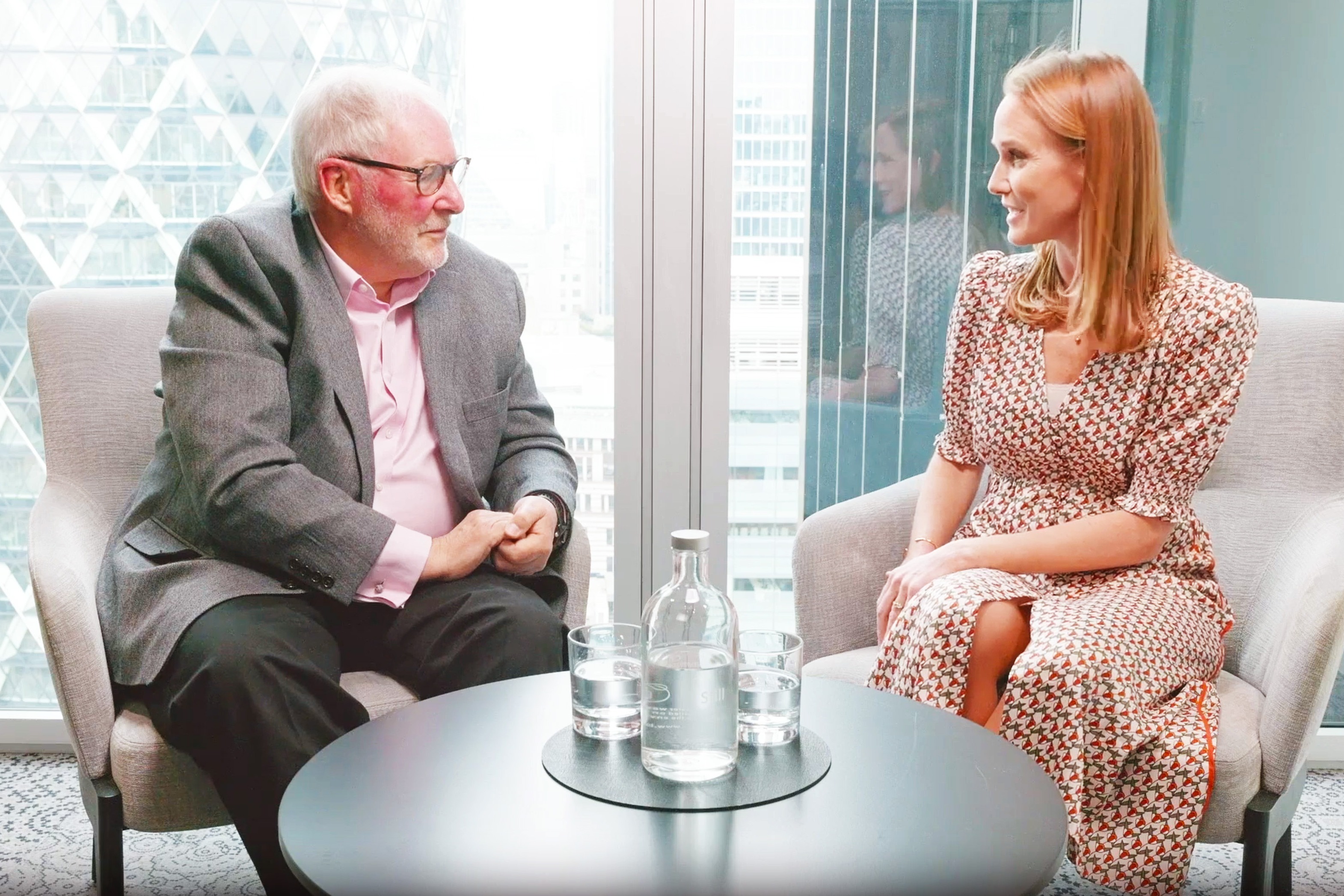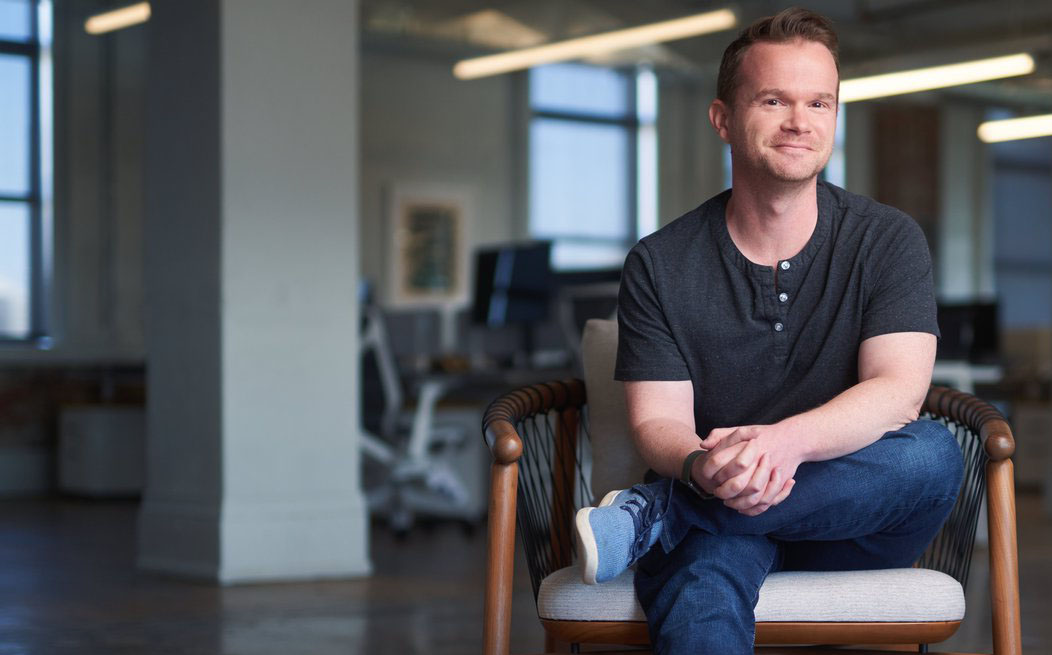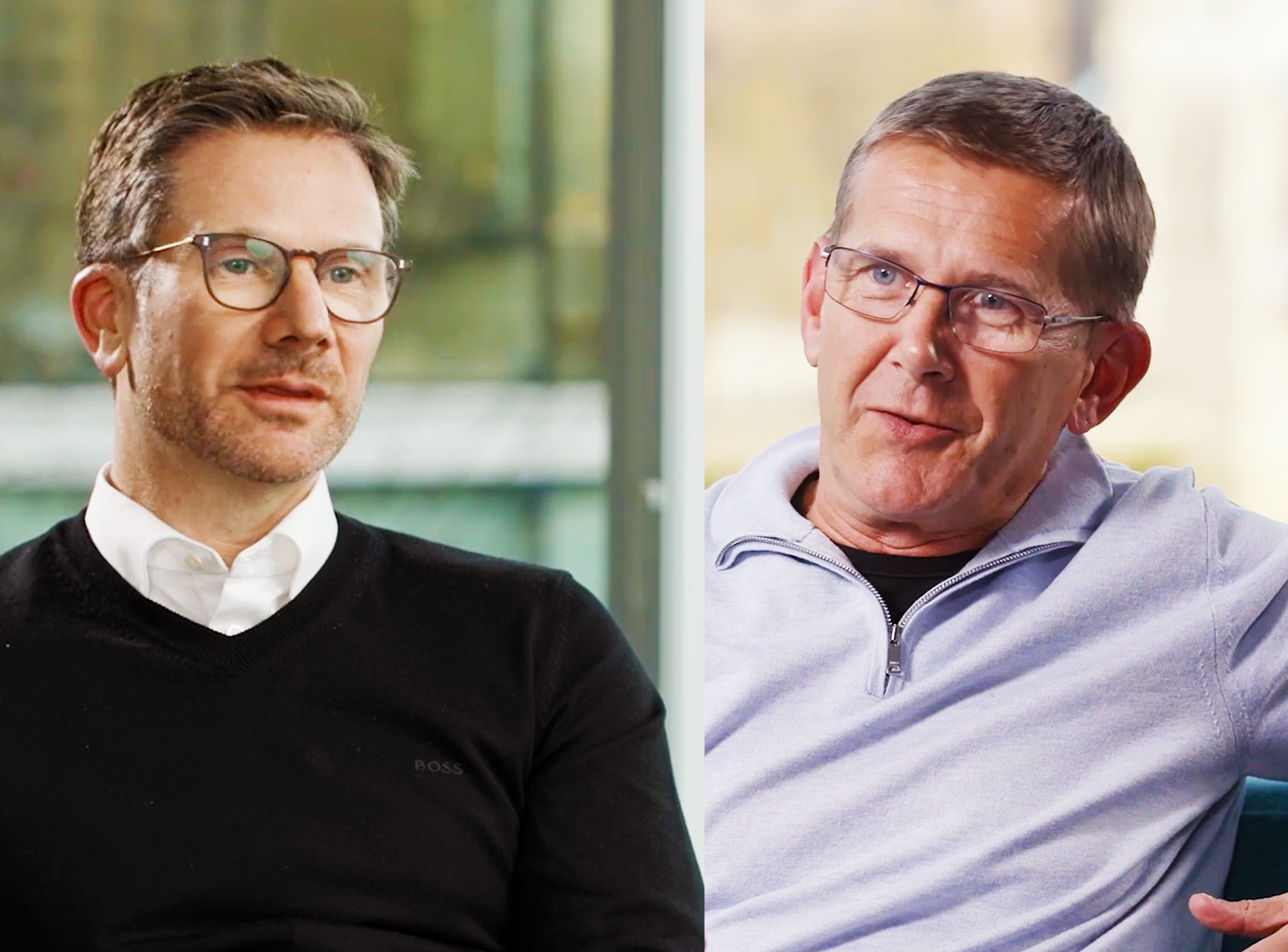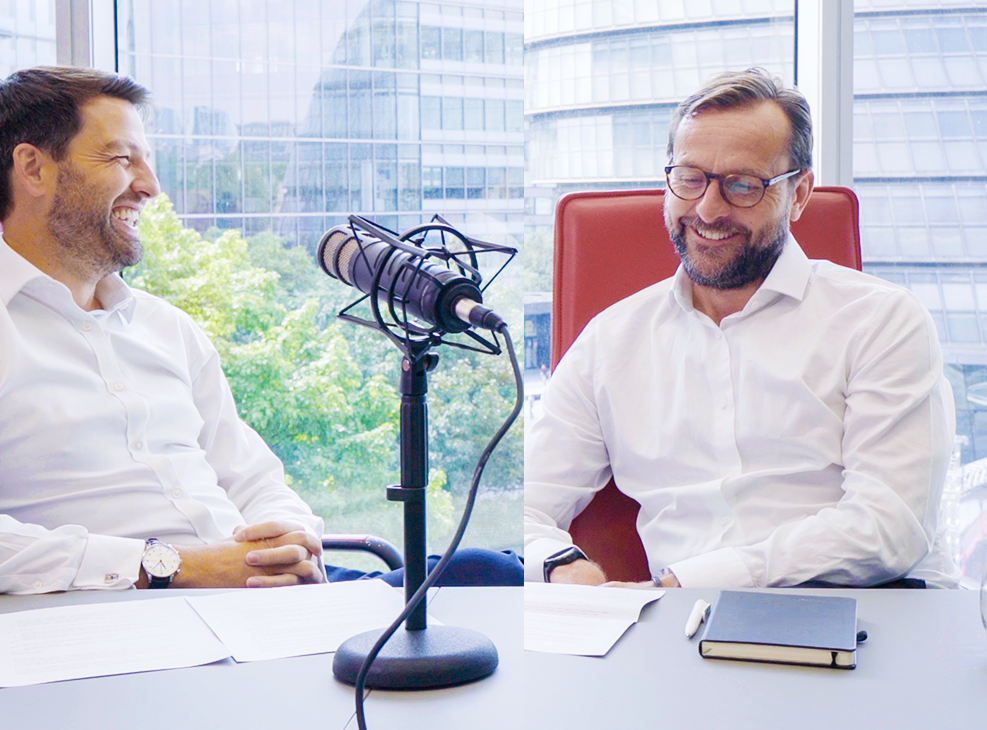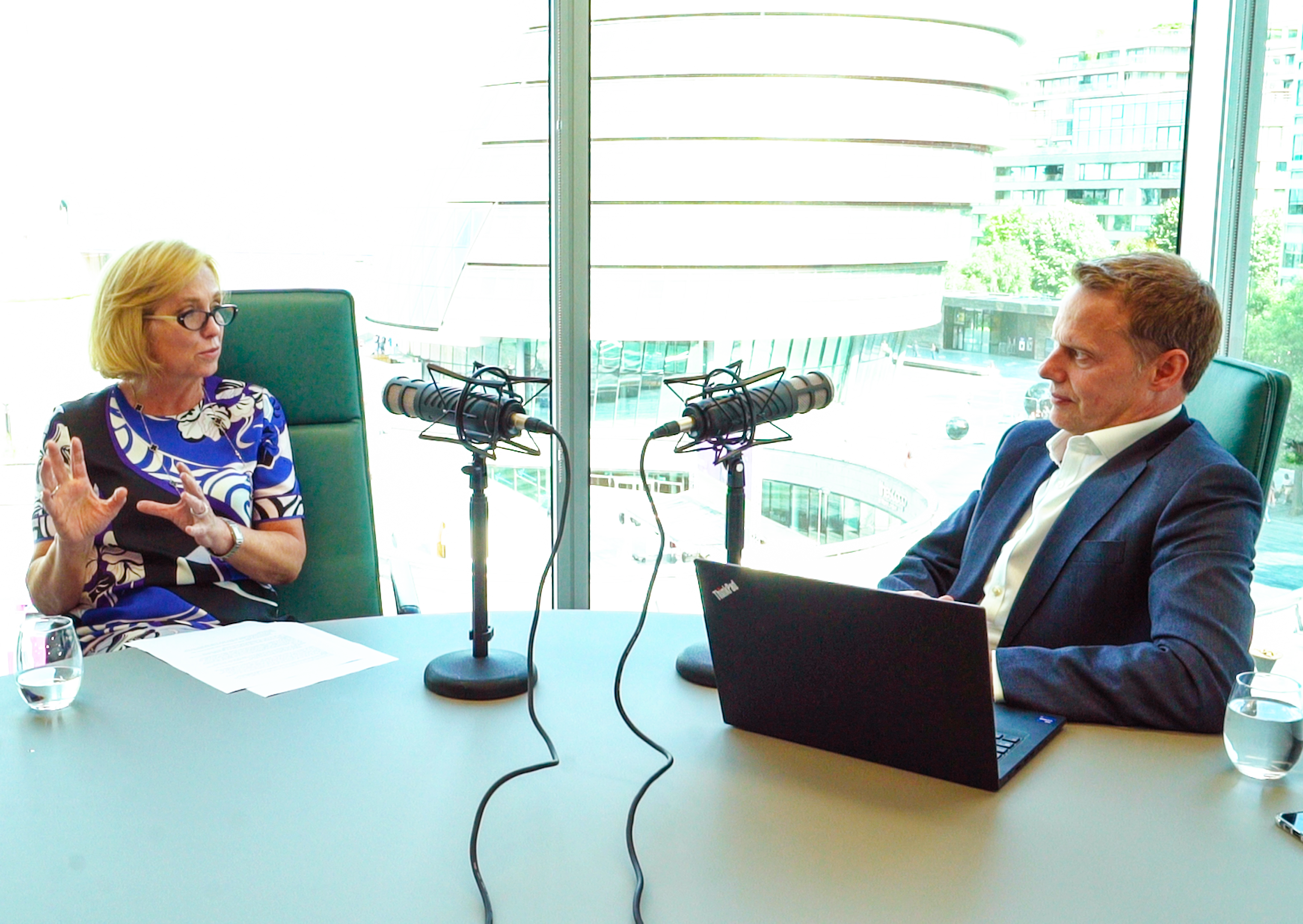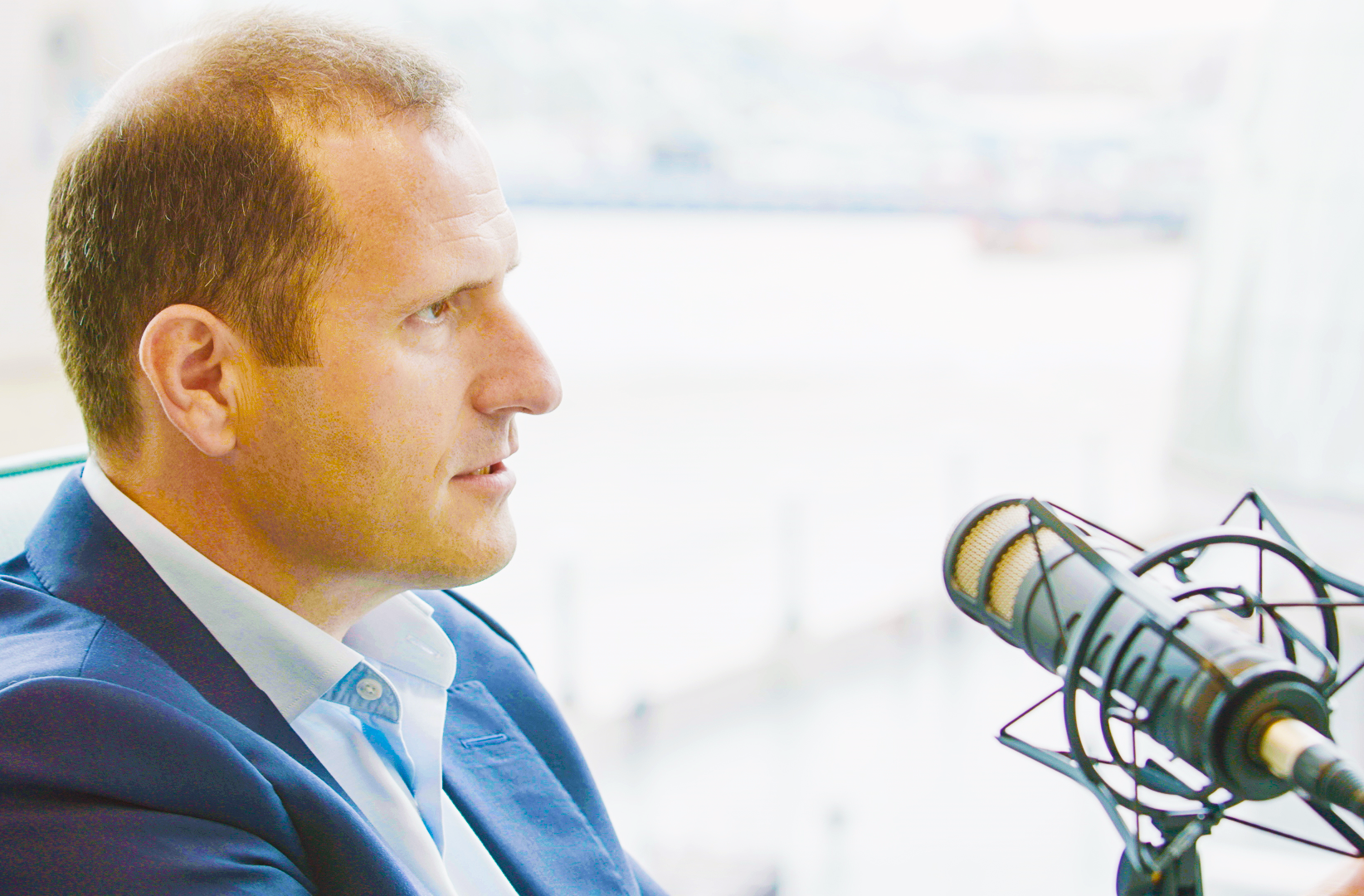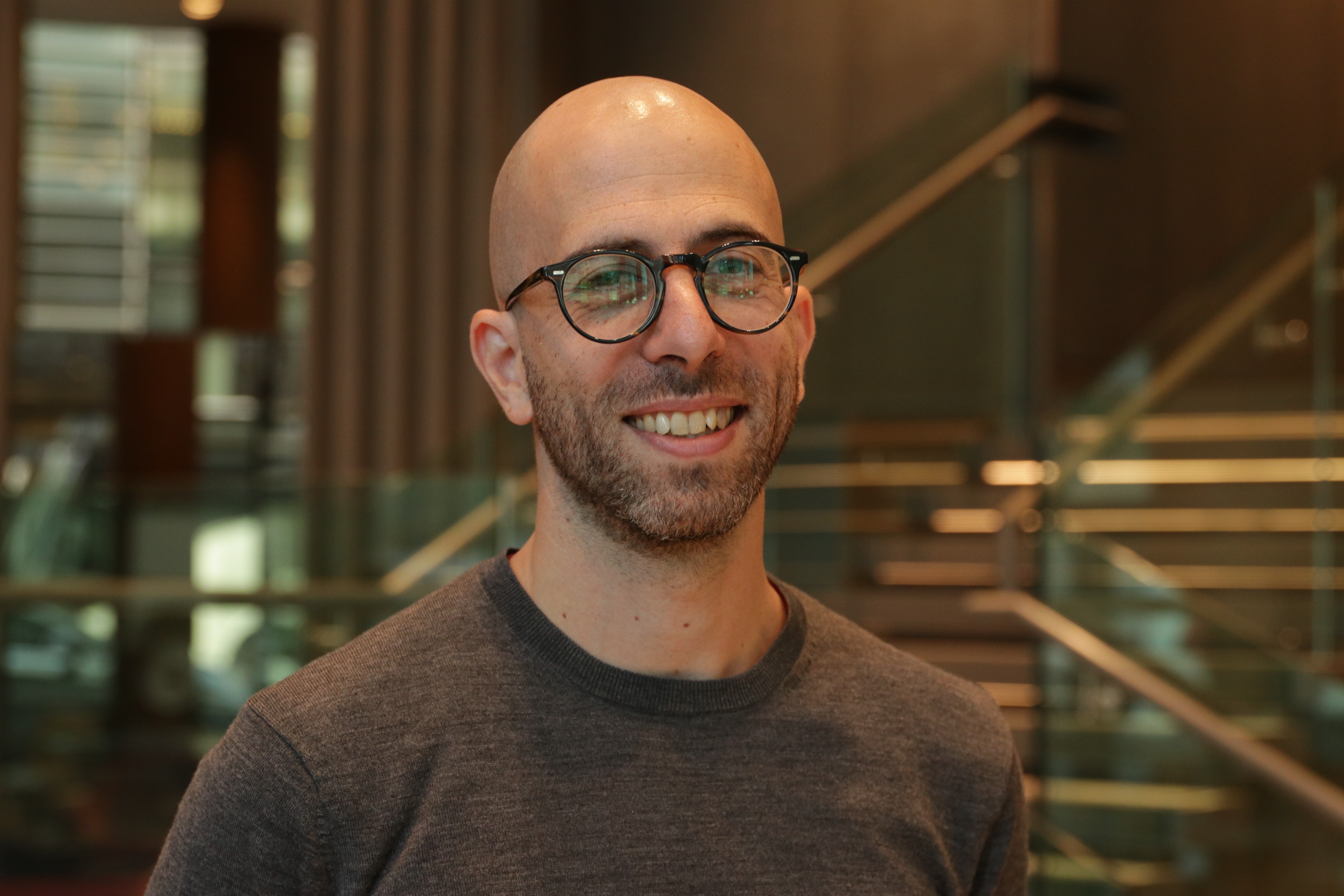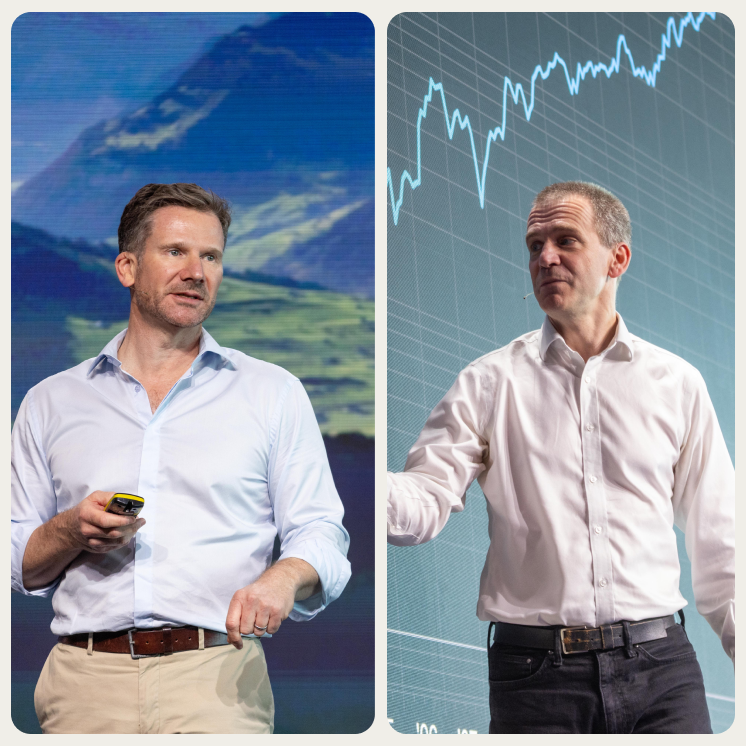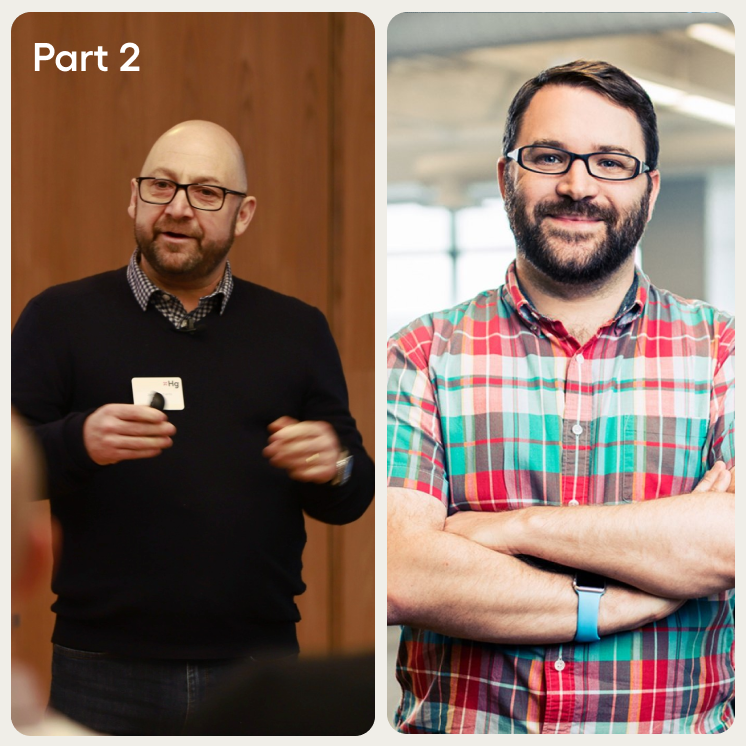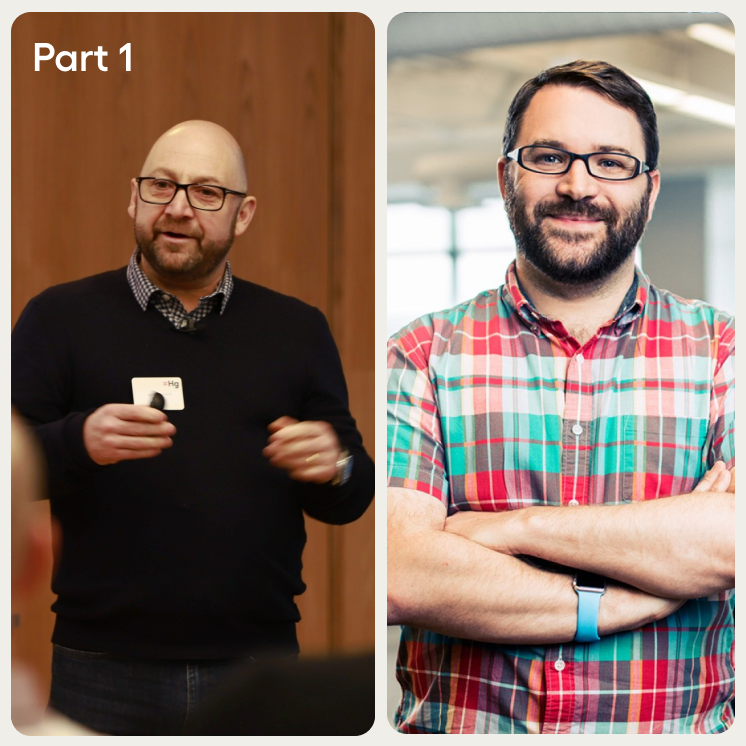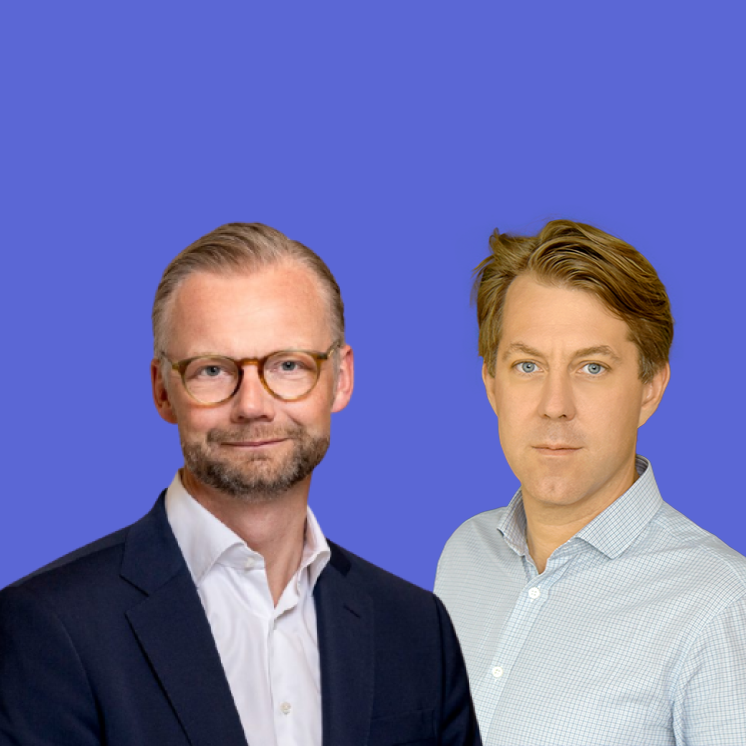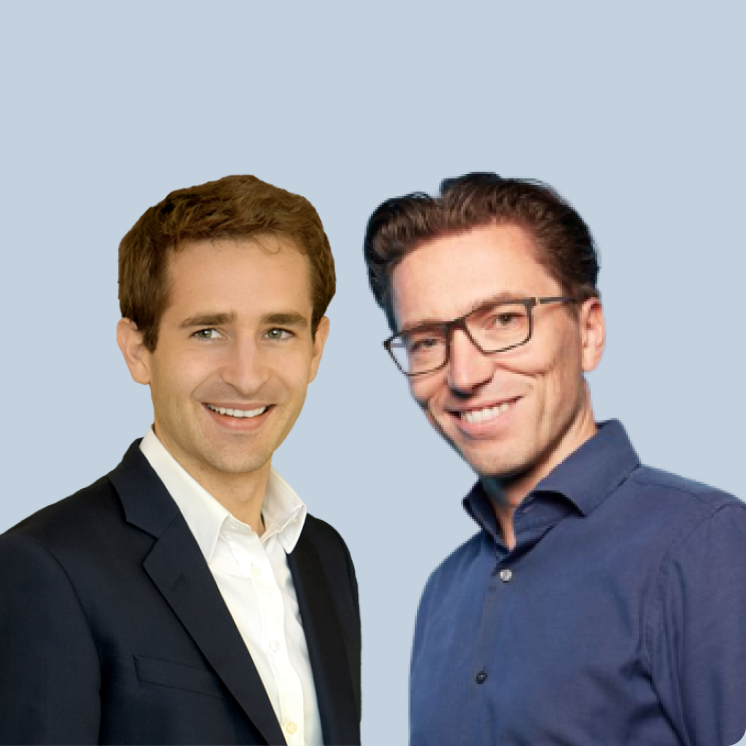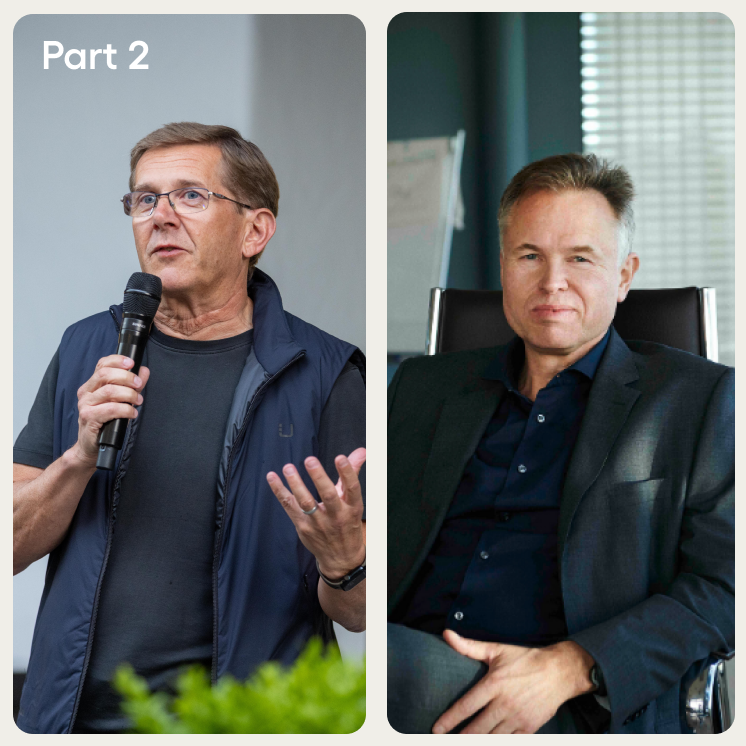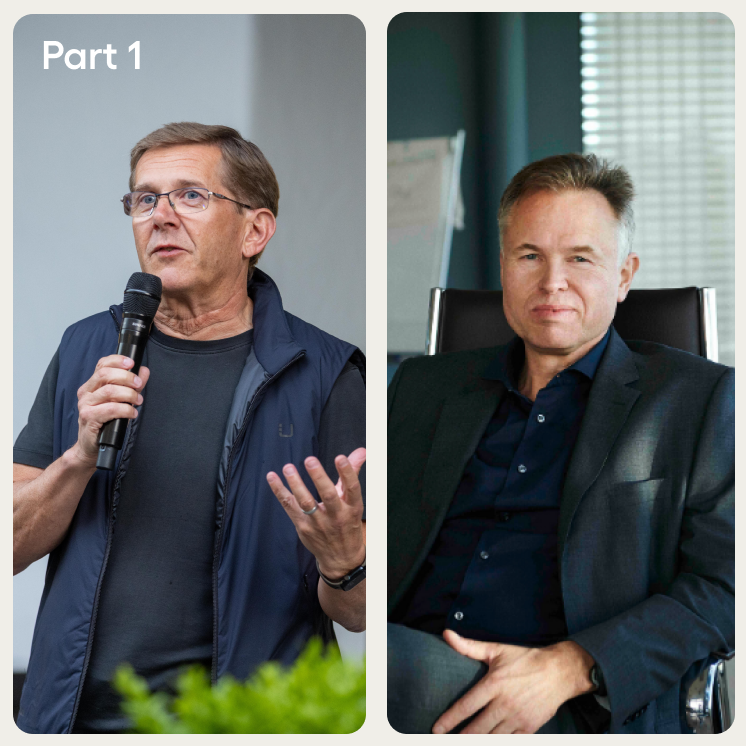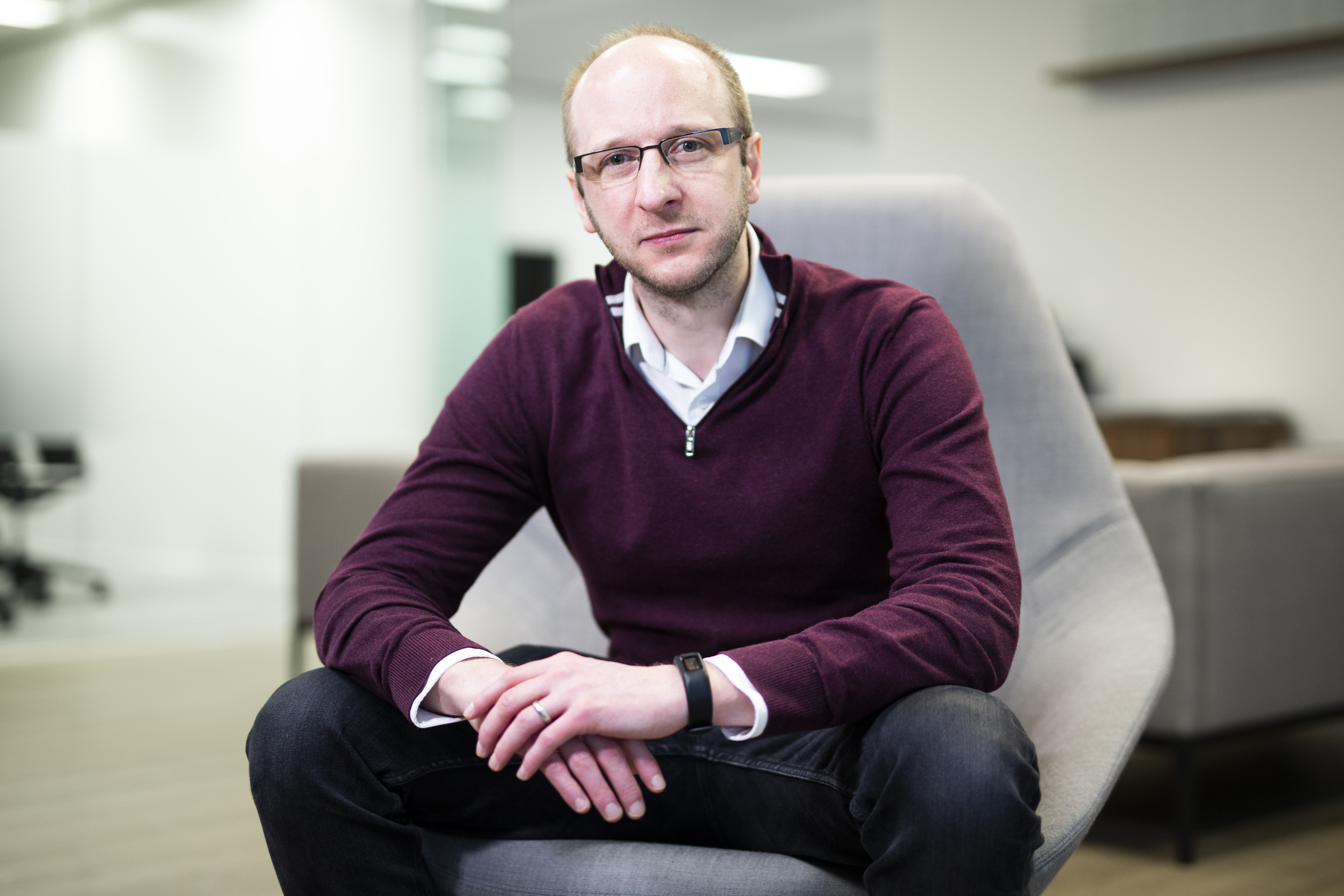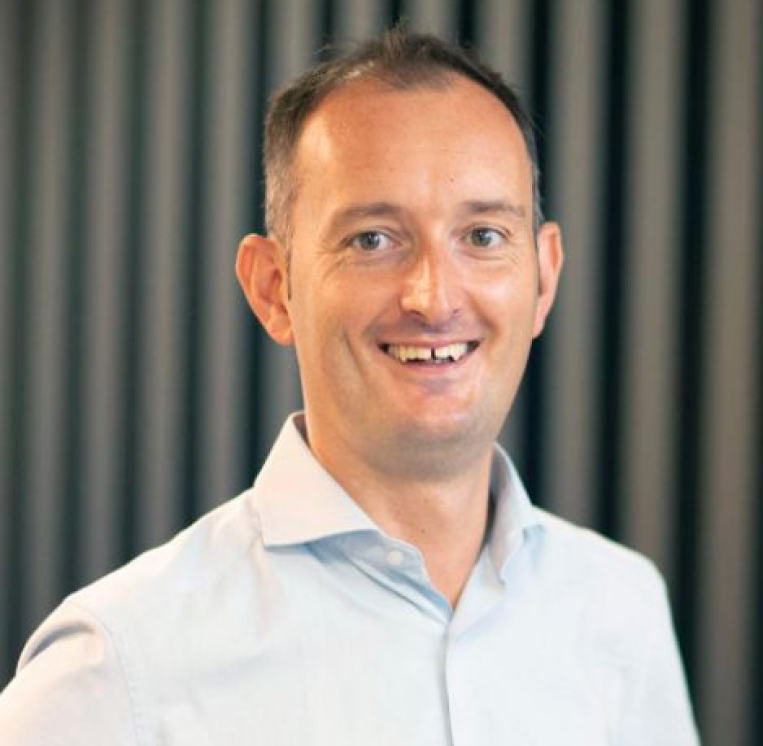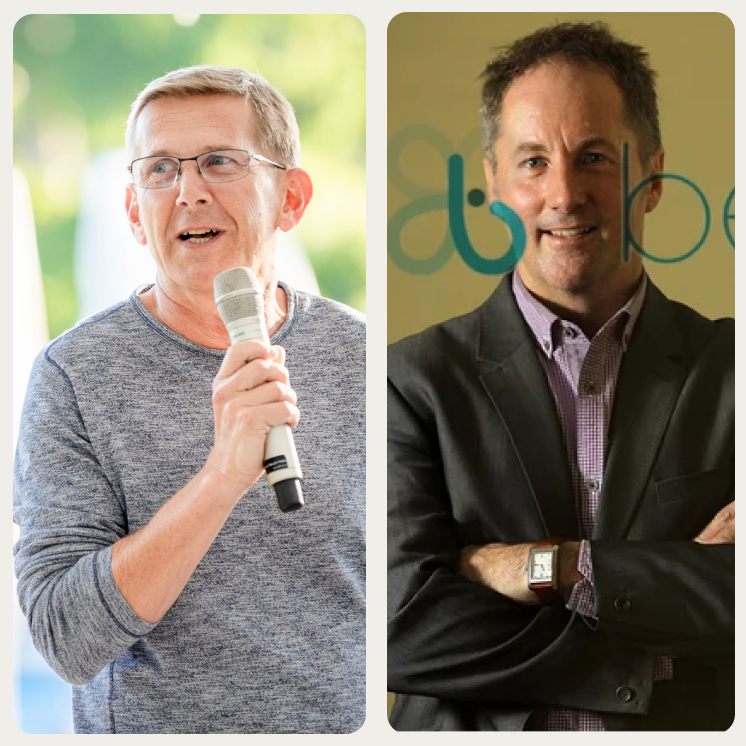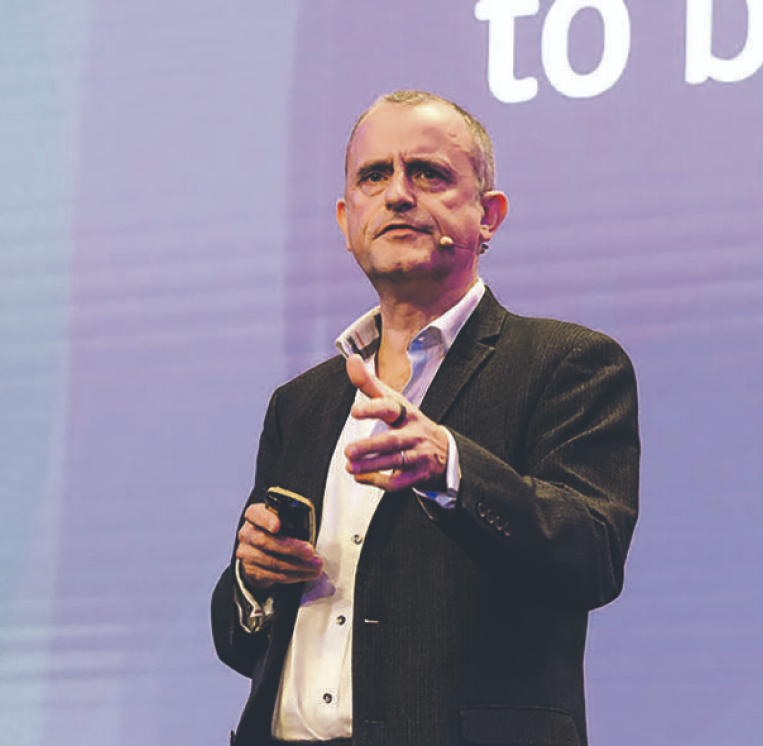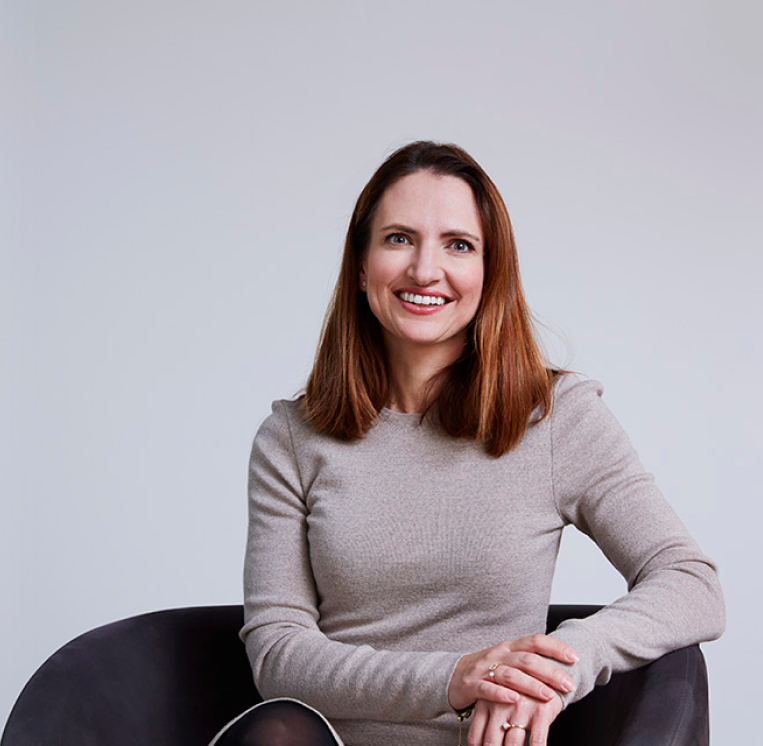Orbit Podcast
Orbit 50
The long road to the last mile: Nic Humphries and Matthew Brockman reflect on 25 years of Hg
In this candid anniversary conversation, Hg's leadership team of Matthew Brockman and Nic Humphries reflects on 25 years of building one of Europe's most focused software investors. Humphries shares the challenge of convincing colleagues to abandon multiple sectors for pure software focus, while Brockman opens up about his leap of faith in 2010, leaving Apax Partners for an uncertain bet on Hg's vision and the turbulence of 2012 that eventually led to success.
The conversation hones in on AI as the next major platform shift and Brockman's concept of the "last mile", the deep understanding of customer workflows required to transform AI capability into practical business solutions. Their discussion reveals a firm that has spent 25 years accumulating the pattern recognition, operational capabilities, and entrepreneurial culture perfectly suited for an era where success depends less on investment judgement and more on building products that solve real workflow problems, making this milestone feel less like a celebration of the past and more like preparation for the defining challenge ahead.
Listen on:
Episode Transcript
Matthew Brockman
There's always this sort of trial. We're very fast to do things. We sort of see if it works. We follow. We drop stuff if it doesn't work. That experimental phase or that sort of entrepreneurial experimentation, I think, has been really in the DNA. Even today, I still think we trial stuff. Even if you think about AI, we trial stuff very quickly. We see if it works. We're quite happy to make some errors. It's just kind of really in the culture.
Nic Humphries
Entrepreneurialism, innovation, definitely is the DNA that I think still goes through it. And of course, as you get bigger, there's a risk if you lose some of that, so you have to really refocus and re-concentrate on it.
Speaker 3:
Could you tell Matthew your first impressions of him when you first met?
Nic Humphries
Very good-looking guy-
Matthew Brockman
If you can remember that far.
MAIN SECTION START
Nic Humphries
We find ourselves in a restaurant at 11 AM in the morning talking about our 25th anniversary, and we've not even been provided with any decent drinks. Do you want to start off with how you think about what's happened with the firm in that period of time?
Matthew Brockman
I'll start with saying it's probably the worst 25th birthday party I think I've ever been to in my life so far.
Nic Humphries
Two glasses of water
Matthew Brockman
Exactly. It gets better from here. Well, look, I joined part in the journey, right? I mean, I came after 10 years, so I still feel a bit like the new boy in town, if I'm completely honest with you. Look, it's transformational, right? Even for the version I saw, which was probably 50 people in a room in London, largely. Very small operation in Munich when I joined. You just think about not just the scale of the organization but just the reach and the number of companies we built and the people we employ more broadly and the clients we serve. It's just been an extraordinary run just in terms of the sort of level we've reached now. Because we sort come out of our teenage years, and we started to become semi-mature.
Nic Humphries
What were your initial impressions? Because we were chatting for a couple of years at least before you joined, and we needed to find something that was meaningful to grab you out of Apax, which at the time, of course, was a much bigger, much more storied, much more prestigious firm. In a lot of ways, you were coming from a firm that was already hitting, I guess, $10 billion fund or something at the time.
Matthew Brockman
11 million euro.
Nic Humphries
Coming to this kind of scrappy place that was probably managing what? A couple of billion at the time. Genuinely, you must have been like, "What am I thinking of doing here?" at the time.
Matthew Brockman
I think I told you a story about two issues. I was going back and forth talking to you and a few others. And I sat in my room, in an office in England, in the summer of 2010 with got the pros and the minuses. It's like, why should I do this? Why should I not do this? And it kind of wasn't very easy to make a decision, and ultimately you just have to trust your gut. I did it for two weeks literally trying to work out what the right trade-off was. And I, in the end, just saw you have to trust your gut.
And the gut was, if I really brought it down, it was like, if you don't do something like this now, you're never going to have a go at something entrepreneurial. And my father had been an entrepreneur, and I had a family and whatever, and I just thought at that age my kids were probably three and five, so it was a little bit reckless from that perspective, if I'm completely honest with you. Don't tell my wife. But it was just like you're never going to get a shot similar to this very easily. It's very uncertain, right? It's very hard to codify is it going to work. It's very hard to codify exactly what you're getting into.
And then I remember it was the second phase in 2012. The end of 2012, we'd been going for two years.
Nic Humphries
I was going to ask you about-
Matthew Brockman
And I was going to-
Nic Humphries
I was going to ask you about that.
Matthew Brockman
It was basically a disaster. It was always the answer. It was all going wrong. And I thought ... I remember going, "Is this just ... Have I just made a terrible decision? Is this just the wrong thing?" And I remember coming back and talking to you probably in that January, February of 2013. And we said, "Look, it's close. It's close." And it was a refinement thing. It was just a tweak and a tweak and a tweak to get us to a point where it might work.
And I think that's quite characteristic in a business. There's always this sort of trial. We're very fast to do things. We see if it works. We follow. We drop stuff if it doesn't work. That experimental phase or that entrepreneurial experimentation, I think, has been really in the DNA. Even today, I still think we trial stuff. Even if you think about AI, we trial stuff very quickly. We see if it works. We're quite happy to make some errors. It's just kind of really in the culture.
Nic Humphries
That's exactly, as you were saying, that decision that you made when you were making the very first appraisal of pros and cons and stuff. Entrepreneurism, innovation, definitely this is the DNA that I think still goes through us. And of course, as you get bigger, there's a risk you lose some of that, so you have to really refocus and re-concentrate on it.
If you look at how you and I and Batch and Justin and Alan kind of work together ... Quite different people. Quite different skill sets.
But we try and describe that to clients where you kind of go, "Well, Matthew's CEO. He does two-thirds of a normal CEO role, and then one-third is nothing like a normal CEO role because, by the way, he's CIO as well." And as chair, I'm supposed to probably go to Davos or something like that, but I couldn't stand the thought of it, so I'd never go and do that stuff. And we mix and match together and almost organically pick the things that suit us without it being very explicit about how we do that.
I think we're prepared to quite quickly say when we think we've made mistakes or things just aren't going to work. Not necessarily the individual's fault. But then when we get to a team that starts to gel, often you've got quite different characters, and it's the combination of those. It's like a sports analogy, isn't it? You need a goalkeeper and a defender and a midfielder and an attacker. You don't ask a striker to play in goal and vice versa, but you need all those skills.
Matthew Brockman
The other thing I think we've done over the years a lot is essentially ask our investors and our customers to trust us on that. To work it out. Because they're very used to the idea of, "I've got a series of investors, and I want the number one investor doing this, and I want the number two investor doing this."
And we sort of said, "No, look, it's a bit more of a mishmash game. It's a bit of a team game, and we are going to have to move people in different positions. And just because we had a good run doesn't mean we're going to start going to slightly rebuild the team a bit." And I think we've got a lot of confidence now with investors, but it's taken a while for them to feel comfortable.
Nic Humphries
Mercury's probably another good example. If you think about what you and David did to kind of re-inject kind of energy and that kind of stuff in that team probably, what, three years ago with Benedict and Louis and Chris and now Farouk and other kind of people coming through, it's been a real next-gen succession going to change, but it's going to happen fairly organically, but I know it took a lot of effort from you and Dave to make that happen, really.
Matthew Brockman
It's always about that team, that team dynamic, and trying to play for the next season, right? It's that classic you win the ... Not that we've won the league, but you win the league. And then the day after, you start planning to win the league the next season. It's a different team, potentially, that's going to have to deliver.
Nic Humphries
I always remember actually ... Because talking back to you joining Mercury, I always remember actually I got these kind of questions at the time that were like, what? If you're a small-cap fund, you've chosen a guy who did media and some consumer for one of the largest cap funds in Europe. How does that possibly work? And you had to take investors through that. We're recruiting for capability. If we are recruiting for, "Have you done seven software buyouts?", frankly the universe of those people in Europe at the time was almost zero anyway, so it was a nil set. You couldn't get anybody at all, so you had to recruit for not that just immediate, "Have you got three of those on your CV?" but actually, "Can you build? Can you innovate? Can you be entrepreneurial?" Because just trying to get somebody who'd done it three times before really wasn't available.
That was hard to explain. And I remember Saturn in reverse. I remember clients on Saturn one committing the money and then almost turning around to me and going, "Just to be clear, you actually don't seem to have a team at all." Don't worry about that.
Matthew Brockman
Don't look too close.
Nic Humphries
Don't worry about that. We'll sort all that out in due course.
Matthew Brockman
How do you think about the '06, '07 period? You came on. You've been in the firm a little while, but you're now taking over the leadership role. I remember you were trying to bring in a bit of fresh blood. At least, that's how you articulated it to me back in '08 or whatever it was.
What was your vision at the point? What were you trying to achieve at that point? And how did that then come to play through?
Nic Humphries
To be honest, I had absolute and complete total clarity that we should just do software or something very close to it. That part of the strategic, it seemed to be a bit of a no-brainer. We were already probably number one in Europe even though we were relatively small.
Software was a growing sector. We could look at what was happening in the US with firms like Silver Lake and Francisco and the proto-Thoma or Vista, all of which we knew because we were doing our homework and going over and chatting to them and all that kind of stuff. It just seemed to me to be a kind of no-brainer.
My problem was quite a lot of things seemed to me to be a no-brainer, but my ability to convince colleagues and other people that had vested careers in other sectors or doing other things just wasn't there. And I still don't think that's a forte for me even now. For me, I would just ... Classic engineer, I would present the facts, and as far as I was concerned, everybody would just tick it off, and we'd just be moving in that direction. And it took me a long time, some would say I've never achieved it, to get a workout that you've actually got to bring the bulk of people with you. And some people will move quite fast because they're quite entrepreneurial. Some people will move very, very slow. And actually, it's about that middle group. If you want to use a normal distribution, it's about that middle group of people, and you've got to get 40%, 50% of the people for whom this is not a natural thing to cancel four sectors and move to one. You've got to bring them with you over time. I think that took longer.
I had pretty clear conviction that this is what we should do and turned out to be luckily right. But actually just bringing the people with you and bringing enough of them with you, you didn't blow the firm up. And you couldn't afford to suddenly lose four or five or six really valuable deal-doing people who understood how to run portfolio companies and understood clients and all those kind of things. That's the biggest change we had put through is a change management process for a lot of people who had vested careers and had done a decent job in other sectors and all those kinds of things. Trying to handle that was the biggest risk, to be honest with you.
Speaker 3:
What was it like having that phone call trying to convince someone?
Matthew Brockman
Nic is a very good salesman.
Speaker 3:
Yes. Yes. Perfect. That will make great.
Nic Humphries
Yes, I'd say ... I mean, the most difficult thing in a lot of ways was almost me having to overcome this. To me, it was just completely obvious we should do this. But just standing there in front of people and just saying, "This is completely obvious. Don't you get the logic? To now that isn't a great way for persuading most people, so you then have to employ that full range of techniques of persuasion and all those kind of things. I mean, frankly, with you, it was really relatively easy because you tend to think in relatively similar ways. And you went away and did a whole bunch of data analysis, which I'd not bothered doing.
I remember you'd get away for about two or three months to have actually prove it with real numbers, whereas I didn't need those. I just needed belief.
The more difficult thing is with people who almost don't want to go through that logical ... I don't know if you remember. We had one particular sector team where I remember distinctly this sector team that was not software, arguing that they were number one or number two in the European market. And I remember literally when this business plan got presented in '08 or '09 or whatever. I remember thinking, on what basis have you done that? Because it's definitely not investments made. It's definitely not returns. It's definitely not lack of volatility. On anything objective, we are not even in top four or five. That's what I found the most difficult was getting people who were capable but didn't think through that logical, analytical way for how you think about a strategy. That was super tough.
Matthew Brockman
I remember. When I came in, obviously end of '10, start of '11, and you still had ... There was a renewables fund running. There was obviously all the stuff in Germany. There was the tail end of the consumer stuff going. Healthcare was still healthcare, as in facilities and stuff like that. It was probably another four years, five years, probably of '14, '15, before it finally became we're going all chips in. It was obviously very concentrated already, but there's no way back. We're burning the boat now. This is it.
And that, to me, felt at the time when this was really, really going to get momentum because all the effort and the organization and all the energy of the people and just a commitment of this is going to go now felt universal. There was just no way back. And that was a ... I think about it in terms of some of the companies we back, right? Some of the early stage stuff, whether Mercury or whatever. At some point, you do ... You have to burn a boat. It's the money. It's your career. It's whatever it is. You'll have to decide you're in.
It makes such a difference to the momentum you then deploy and how committed you are and how much focus you put on something.
Nic Humphries
It's a bit like these conversations we have with companies where we go, "What's your ICP? What's your ideal customer profile?"And you get some people that are incredibly laser focused. They're generally the better performers. And then you get some people for whom, "Well, I kind of like to dabble a bit in this other area as well, and actually there's this other area that's slightly bespoking for large customers," and they can't really describe what they're spending most of their time on.
And I think it was the same. We got to 70%, 80% what we wanted to do, but that long tail of, as you say, the end of consumer and a little bit of healthcare that we were still doing in 2011, 2012 ... It took a long time to clear that last 10% or 20% out, and it's actually incredibly distracting. You spend a third of your time managing what is basically 10% or 20% by number but probably 5% or 10% by value. And of course, with the benefit of hindsight, you should just cut all that off three or four years earlier. Hindsight's a wonderful thing.
Matthew Brockman
I mean, you and I chatting before, but this whole idea of ... If you've got a single focus on something which is going to be the best as we possibly can, certainly the best in Europe but maybe the best in the world at some point in terms of how we do software, and you're just singularly focused on that one target, you've got a much obviously higher chance of success, whereas the vast majority of other people in the investment business or in the private equity industry are sort of, "Well, we'll hedge, and we'll do a bit of this, and we'll do a bit of that, and we'll think about these deals and so on."
It's just been transformational in terms of just our willingness to go, "Look, it's going to be here." We're just going to have to be very good at this. And everything else is peripheral. It's gone. It's only this now.
Nic Humphries
I think it's even true within software because we obviously get labeled as pure software, but the reality is you look at the entire software universe. We don't do infrastructure software, which is, what, 30% to 40% of our market. And I think it's a very, very good choice for who we were and where we were. Maybe if we were West Coast originated, it would be slightly different.
But I think, first of all, there's less in Europe, so we're not naturally suited to it. I also do think it's a slightly different dynamic. Those businesses are more about an annual hits-driven business. And if you're going to keep up with the cyber protocols, whatever, you might have a great business going forward. You probably have higher volatility. It's more of a 5X is all zeros kind of business than our vertical app clearly focused in certain verticals businesses.
Even within software as a broad church, I think we focused down on the things that we were not completely uniquely but very, very well suited to doing best. And we've been prepared to not stretch ourselves into other things that we could have easily done an occasional deal and made money on. I'm not sure it would've built a 20, 30, 40 investment recurring pipeline.
We talked quite a bit about how we moved from being a 50% software firm to being a 100% software firm. I guess 2010, '11, '12, obviously a launch of Mercury and that being a absolutely world-leading product, which I think really put us on the map there as well. Saturn obviously came later as we built out the full stack in 2017. We had small to medium to large investment capability in that focus area.
But the other major, major change, I guess, over that period of time was going back to 2005, 2010, 2014, '15. We're a purely domestic European investor taking our business to the US quite a lot to grow, but we've not done platform deals or de novo deals in the US. Clearly, that all changed around about 2015.
How do you think through how we did that, where we are now, and where we're going in the US?
Matthew Brockman
Well, I guess first thing to say is the sort of library of businesses that have come from Europe to the US has worked in either software or financial investment, I guess, is long. There's a long list of failures. There's a very deliberate, how do you not stub your toe? How do you do your best to try and make this work?
Nic Humphries
I think it's 90% failure, right? I think Europe to the US is a 90% failure rate either via organically or via acquisition in general for businesses.
Matthew Brockman
I think there's two things that I think about, really, which is we were very deliberate around doing step-by-step. We weren't going to try do some big launch. It started with '14, '15, right? A platform or two. Find out what you think you can invest in. Leverage existing home kind of IP. Who are we dealing with? What kind of people are existing in the market? Where does our calling card potentially fit? And that, I think, states from that '14, '15 just one or two deals. You then get the, do we put some infrastructure down? Do we properly sort start to ramp up? Which is '19. '18, '19, we had COVID obviously come in the middle. And it's probably third phase of trying that and then saying, "What's working? What's not working? And how do we again take some active decisions to kind of back the stuff that's working and then kind of backfill or improve and so on?"
From '21, '22, again, we did another pretty meaningful reset rebuild of leadership, team, some of the investment activity. And so I feel now, in '25, this thing's running well, right? It's a meaningful part of our portfolio. The quality of the businesses we are backing. The quality of entrepreneurs we're talking to. The networks we have are very substantial.
Nic Humphries
Agree.
Matthew Brockman
But that's 10 years of work. It's a bit like when somebody wins Wimbledon, and they're some young thing. Where did this come from? It was the last 10 years of work that got me here. But also, it's the ... It's just, I think, reflection all the time. What could you improve on? How do you get better? How do you take some of the more difficult decisions around people or setup or organization? And that sort of experimentation is just I think been crucial.
Nic Humphries
To me, there's something again that runs a little bit in the DNA which is that kind of ... I think it would've been really easy for us to decide to put two or three people in New York in 2014, 2015, 2016 when we were doing Sovos and ...
Matthew Brockman
Mitratech.
Nic Humphries
Mitratech and a couple of our portfolio companies were doing meaningful M&A, et cetera, and we almost felt like we purposely kind of held off and held off until the point where we were prepared to burn the boats and put 30 people in New York and then put 20, 30 people in San Francisco. And at that point, you are completely all in. And hopefully there's no doubt externally or internally that this is going to be a major part of our business, and it's going to be very successful even if it takes us five years, seven years, 10 years to get there. It's that undeniable conviction that we will be successful, but it might take us time because great things take time to build.
Matthew Brockman
With the scale in the US, obviously a number of platform shifts over the years of these technology shifts, I suppose, that underpin our ... How do you think about the AI generation? What's the next generation of software companies or the next generation technology companies perhaps that are going to get built? And how do you think about that maturing?
Nic Humphries
Well, I think it's the most interesting pivot point for the fundamentals of our market that we've seen, frankly, in most of our existence in the last 20-odd years. Obviously, you went mainframe, client-server, client-server, kind of web, and this is the next major platform shift. And I think it's going to be a little bit like they're going to SaaS transition, which arguably we've done very, very well from. I think if we get this right, it'll give us another market expansion opportunity, another TAM expansion, for our companies to go for.
I think their fundamental thinking and DNA that underpins how we're, I think, pretty well-positioned for that is about this different levels of value creation within software. We talked through this at the last client AGM in November. I almost think, if you're going to put on a timeline, you've got almost three generations of value creation. From left to right in software, you've got software 1.0, which is essentially recognize that B2B software is sticky. Buy a B2B software business. Whack the costs out. Put the margins up. That's really, frankly, one of our famous competitors go-to playbook, and probably still is, but that's really the 2010s period, I think, value creation.
I think in the last decade, 2015 'til now, for the more sophisticated investors in our market, it's been largely about go-to-market value creation playbook. And at the most basic end, that's again sticky software business. Whack prices up. It's a pretty much simple lever. At the more sophisticated end, the right-hand end of that, I think it's very sophisticated. How do you improve the magic number? Capacity planning. Sales training. Sales enablement. Customer success. All those things that we know we can try and work really hard on in our portfolio.
The problem with both of those, cost-cutting 1.0, go-to-market 2.0, is they're both finite. You essentially can do them. If it's cost-cutting, it's literally a one-off. If it's go-to-market, you can probably make it effective over two, three, four years, but at some point you can't squeeze more juice out of the lemon because you're trying to basically squeeze more juice out of a single thing. I think 3.0, which is where we've obviously been trying to go over the last decade, and I think is actually inherent to the HG DNA ... We're engineers, quite a lot of us, by background or startups or a combination of both. If you're looking at Justin and Alan, engineers if you're me and you, et cetera.
I think it's all about product-led innovation. It's all about, basically, can you take a business that's got decent products when we buy it and be very clear about that in DD, but then can you actually innovate on that product? Can you have engineering that is actually generating new value for your customers and therefore providing you with a growth engine that can go on for decades? And the obvious analogy is one of these. If Apple was still selling this very, very well-packaged thing, but it was called an iPhone 10, and it had the features of six, seven years ago, none of us would buy it. We wouldn't pay a premium price. It's because they've innovated every year. That, to me, is the best illustration of what I think ... When we're at our absolute best, I think we do that better than anybody else globally because I think we focus on it more than anybody else globally.
To me, that's the future for us as a firm, and it very, very naturally leads into what that means for AI and what we're doing in AI. I'm almost going to pass the ball back and go ... I know you've spent a lot of time on this. Obviously, Seb and Amar and Chris and a bunch of other colleagues are as well. That's fantastic that we've got the most senior person in the business leading on what is probably the next 10 to 20-year paradigm shift in our industry. I know you've done an enormous amount of reading. You probably had three podcasts last night you were listening to.
How do you think about how that's going to affect what we do, how we do it, our portfolio companies, our new investments?
Matthew Brockman
Undoubtedly, it's the biggest platform shift that we've seen probably since the '70, right? Since the PC really, really took off. Maybe class the internet was in terms of communication and distribution fundamentally changed things, but this is also maybe on a similar level to the internet. However you want to categorize it.
I think the big-picture frame I take from it is sort of the investment judgment stuff of what we do. It is always been important, but it's going to become relatively less important. Still important, but relatively it's going to be so much more around, how can these businesses develop products? Build product? How can we augment that process during the investment period? We almost end up needing a capability of, how do we segment a market? How do we think about the customer proposition? How do we think about the product that serves? How can we re-engineer that product? And how can we use the most modern AI tools to basically run that through and make that effective and then get it into customers' hands?
And if you went back ... Well, probably now in most software companies, that's still a three to five-year job. It's 50 million. It's a big, old endeavor, and it's a success rate of maybe 50%. Quite rapidly, we're getting to a point where, if you're equipped, and you've got resources, and you've got people, and you've got expertise in your particular part of the market, because I do think the last mile is ... Where the customers really sit is important. That actually becomes something you can probably do in six to 12 months.
Maybe less. Maybe three months. You can wireframe a prototype product now in a matter of hours, probably. You can get it into prototype within 10 or 12 weeks. You can get it into market in three months because we've done it in our portfolio. We've seen it multiple times now. And customers are buying it within four months. And that's real money. That's real proof of concept. That's people actually saying, "I'm going to write you the proverbial check to take something."
I can see that becoming more and more prevalent in terms of ... A part of our business is still the investment piece of, how do we source investments? How do we calibrate? How do we judge them? How do we make those decisions? And you've got this big piece of the business over here that says, "All right, how do I serve that customer set that's the end customer of my business? What should they be buying from me? And how do I augment my companies with that capability?"
I think we've been trialing it, and we've only trialed that a year. We started it basically a year ago saying, how do we put this into the companies? We've now done it at least eight or 10 times. It looks like it's really working. Now, it's a question of, how do you scale it? Because it's an operational question of scale. But that feels to me like a really important horizon.
I guess the final piece of that is then, as per SAS, if you think about when SAS was adopted versus on-prem software and what that meant to commercial execution and customer support and all the infrastructure that sat around the business, all the rest of the stuff has to evolve. When you think about AI pricing models, when you think about customer support in that kind of context, when you think about all those innovation, how do these businesses think about their own customer groups, because at the moment, it's a bit of an uncharted territory. There's so much potential that everybody's chasing everything.
Nic Humphries
And it's been a customer pull model to a decent extent as well. GTN models haven't matured. Customer support hasn't yet matured because most of these businesses have not had more than a year of revenue.
Matthew Brockman
It's right. When you hear these almost apocryphal stories of some startup, there's now 200 million of ARR, and there's only 15 people in the business and so on. And for certain horizontal categories, you see that. But when you start going into our world of application, I suspect it's more complex, and there'll be more people, and there'll be more staff, and there'll be more ways in which people adopt.
But again, if we built what we are building, frankly, the DNA and the IP and the pattern recognition of what does that actually take, I think it puts you in a very strong position. And that, to me, is the ... At least for the next few years, as you start thinking about how AI goes from West Coast models, mass capability, consumer adoption, which is sort of the phase we're in at the moment to, all right, how does this really get into the workplace? What do people do with it? How productive is that? You're seeing some very early signs of that really ramping. We were talking about the Harvey fundraiser early on, literally today. That's a Series E, the very significant signal of where that's going, but that's the next stage.
Nic Humphries
To me, there's this huge singular change which is, for really the history of the world but certainly the last 20, 30 years, software development has been the critical pinch point where essentially it was more expensive, and it was the scarcest resource. The number one constraint was essentially, how can I get more high-quality software developers? How can I make them more efficient? But ultimately, that's my constraint on releasing product that to the customer.
What we've potentially got, and we don't know yet if it's to a very, very, very high degree or whether it's somewhere at the curve, is software development probably is going to get cheaper with the likes of Devon and these kind of tools and a whole bunch of other stuff as well. Suddenly, that constraint on software development capacity probably eases for the first time. And it gets back to this point you were making about whether we want to call it product management, or we want to call it something slightly different in this new world, but basically you've got the capacity to build more more frequently for your customer.
How are you going to do that? How are you going to up that pace? How are you going to make sure it's stuff they want and not stuff they don't want? Is a big decision point where essentially you've not had that as a constraint before, but now that's probably your main constraint.
Matthew Brockman
Certainly, I agree, and I was struck by some of the conversation we had in our senior leader gathering in Lucerne about three or four weeks ago. And it's almost that last mile, which is that the customer is now presented with an enormous array of potential capability. How do you as a provider of workflow automation or job augmentation or whatever your particular part of helping out lawyers or tax accountants is ... How do you codify that? And how do you make that usable? And how do you make it accessible? And how does that work into their workflow?
And there's so much value in there, but that's I think where so much of the investment activity we have. Existing companies, new companies we invest in, that's where they play in that kind of positioning. Making that available with this incredible technology backend or sort of flow is huge potential.
Nic Humphries
Because we've used this phrase quite a bit, this last mile, what do you mean by that?
Matthew Brockman
I was going to use a lawyer, but maybe it's a bad example. It's not a good example, but other people are doing that. If I'm an accountant, or I'm a tax professional, how do I gather information, interpret information, turn that into a return, turn that into advice to a customer? How has all that process happen? How much of that can I ... I've been in the industry 20 years. What does it mean to use technology to do that? How do I make that accessible? How does it make it relevant to the customer? How do I make them comfortable that I should be giving that advice? Should they trust a machine? Should they trust me doing it? There's an awful lot of qualification of, what does that really mean the end consumer is receiving, the end enterprise, or the end consumer is receiving?
And I think for the last two or three years with the LLMs coming on, it was this idea of, well, it'll all just get automated. There'll just be machines, and they'll sit there, and they'll hum, and they'll consume electricity, and this will all be automated, and it will just go. But the reality is life's a lot more sticky than that, right? People want comfort that they understand where the data's come from. They want to worry about hallucinations. They want to worry about exactly how is this going to be interpreted. They want to worry about quality and brand and those sort of things. And I think that's almost the diffusion effect of, how do you take the incredible capability of some of those models, which is obviously still evolving, and actually make it applicable and usable to people at large, to the general population, or whatever? And that to me is still where the ... That's where our front end, or, sorry, our frontier is coming. That's where we have to essentially make our presence felt.
Nic Humphries
In my own mind, just to almost test with you actually, the way I always think about it ... If I think about it in a tax accountant, which is what I spend quite a lot of my time digging into, I almost picture that accountant having a conversation with a farmer. And that farmer has got a very, very unique set. And I picked that because it's one of the most complex tax use cases that exists. I know because really only Iris has managed to build that capability into its software 10, 20 years ago.
But I think it's that nuance of not just that kind of farmer but on that field for that acreage, what government subsidy, what government compliance, did that change halfway through the season because there was rainfall or not rainfall? Was there some law in Europe that affected what happens in terms of tax reclaims and all those kind of things? That, to me, is ... In my own mind, that's the example I think of where an accountant as an individual, a real-life human being, is sitting down and doing that. And I think AI is going to enable a lot of that conversation, but that last little bit that we've just illustrated or talked about I think is going to be facilitated, but it's ultimately ... That's the very, very thin end of the wedge for that's what that farmer wants to hear about. He doesn't want to hear generically about how I produce some generic accounts for a farm. He wants to get right, right, right down to what's happening this season on that field with that subsidy.
Matthew Brockman
Look, I'm shocked by 25 sounds like an old age. Doesn't when you're our age. But 25 years as a firm. You think as a person, when you're 25, your whole world is ... You know stuff. You've sort of come through the teenage ... You learn some things, and you've got some pattern recognition, but you can sort so much to do. I feel a lot like that. There's just so much still that we could be achieving. We've sort of ... We've learnt some stuff. We're not naive, and we've sort of educated ourselves. I joke. Before we come through the college years without doing any real damage.
We've grown up a little bit, but we've still got an awful lot of potential. And I think that, to me, is the excitement of where we are now, which is this foundation has been laid. We've got this incredible shift in the underlying technology part, and there's other parts of our industry also evolving. That's the scope, and that's the opportunity and excitement in front of us.
Nic Humphries
Me too. I think 25 years feels like a long time, but actually we've just got to a position where I think we've now, frankly, got the benefits of scale. We've got the benefits of having delivered for clients over 15, 20 years consistently on a strategy that they like.
If it was plateauing and top of the S-curve and all those kind of things, it'd be pretty boring, frankly. And frankly, technology's been like this all the way through, but what that gives us is another mountain, another thing, they're going to go and climb and try and conquer but from a point of view where we've got some resources and capabilities that we probably didn't have 10, 15, 20 years ago. It's incredibly exciting.
Matthew Brockman
But what we should do, I suspect, is say thank you to the people who made it to this birthday party that we are having, which is those clients and those investors are backed to us. The people who work with us. The ecosystem that sits around us. So many people have got us to this sort of semi-mature state.
Nic Humphries
I think it was completely obvious 15, 20 years ago. They weren't taking any bets at all. Now, I mean, there's a lot of people that have made some pretty big bets in their careers, whether it's people who work for us or whether it's client supporting us or portfolio CEOs, frankly, that had us as a partner when we were not exactly the kind of firm we are today. Huge amount of thanks that they've supported us at very critical times on that journey.
Orbit episodes
Orbit Podcast
The corporate immune system: Google Cloud's Daniël Rood on building Europe's first AI team
Episode detailsOrbit Podcast
Skin in the game: Professor Neil Lawrence on vulnerability, accountability and why the next generation will thrive.
Episode detailsOrbit Podcast
The 3 speed problem: Oji Udezue on CPO leadership in the age of unlimited engineering
Episode detailsOrbit Podcast
Fevered determination: Building Zalos from zero to enterprise in 5 weeks
Episode detailsOrbit Podcast
Trust, velocity, and building the Answer Engine: Dmitry Shevelenko of Perplexity speaks to Farouk Hussein
Episode detailsOrbit Podcast
AI, Control Points, and the Next Wave of Vertical SaaS with Tidemark Capital founder, Dave Yuan
Episode detailsOrbit Podcast
A glimpse of the next generation: Zoe Zhao and Annalise Dragic of Azlin Software
Episode detailsOrbit Podcast
The business case for AI: Brent Hayward of Salesforce, David Carmona of Microsoft & Nagraj Kashyap of Touring Capital
Episode detailsOrbit Podcast
Mastering the billion-dollar software playbook: Joe Lonsdale of 8VC & Eric Poirier of Addepar
Episode detailsOrbit Podcast


